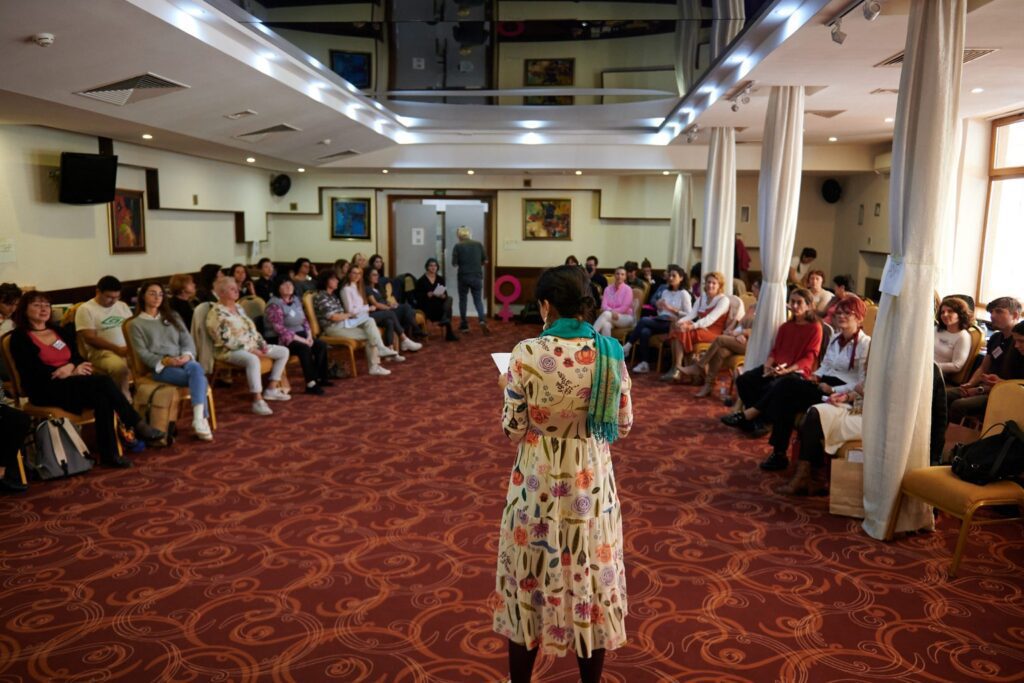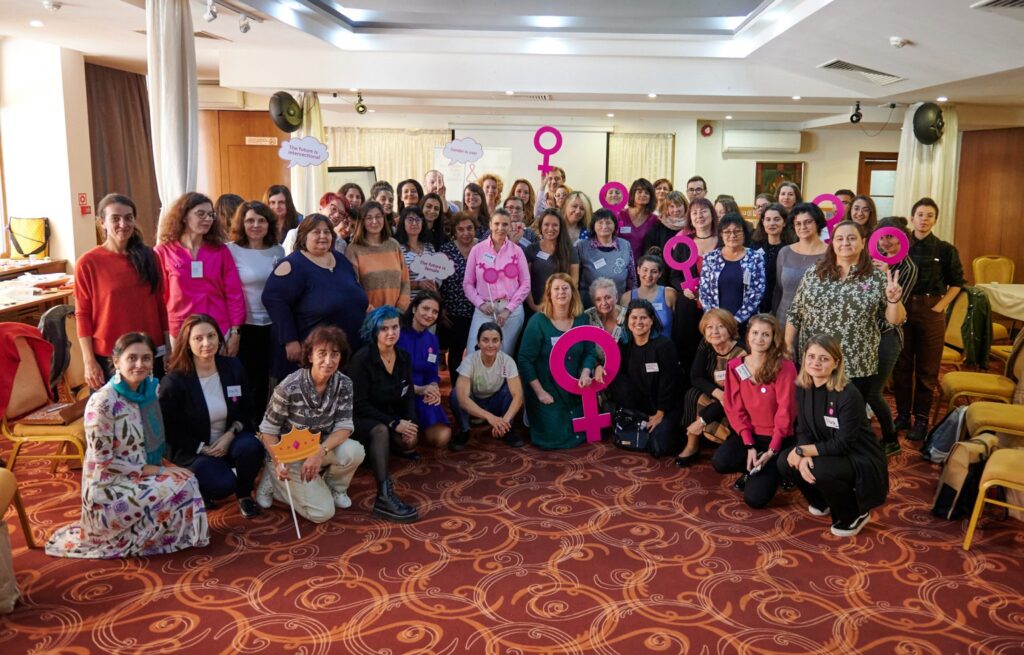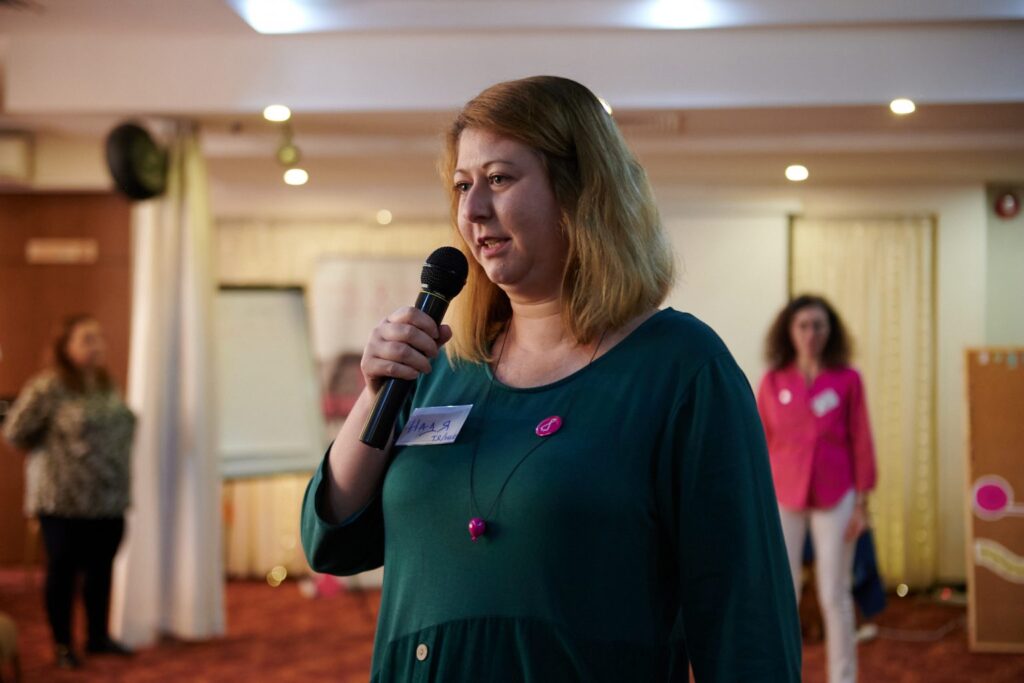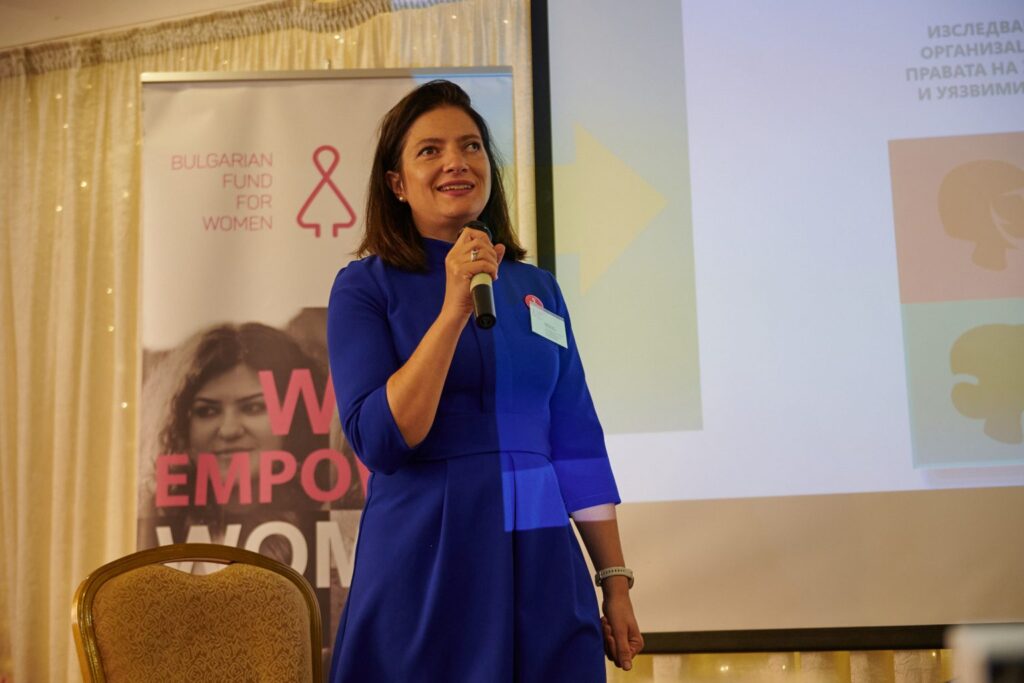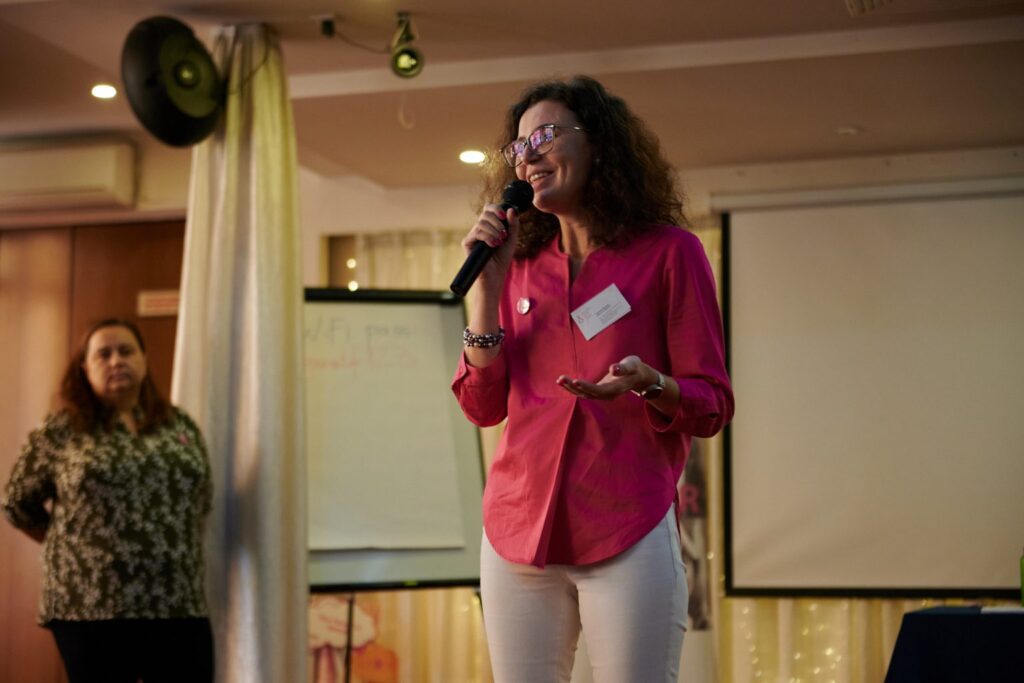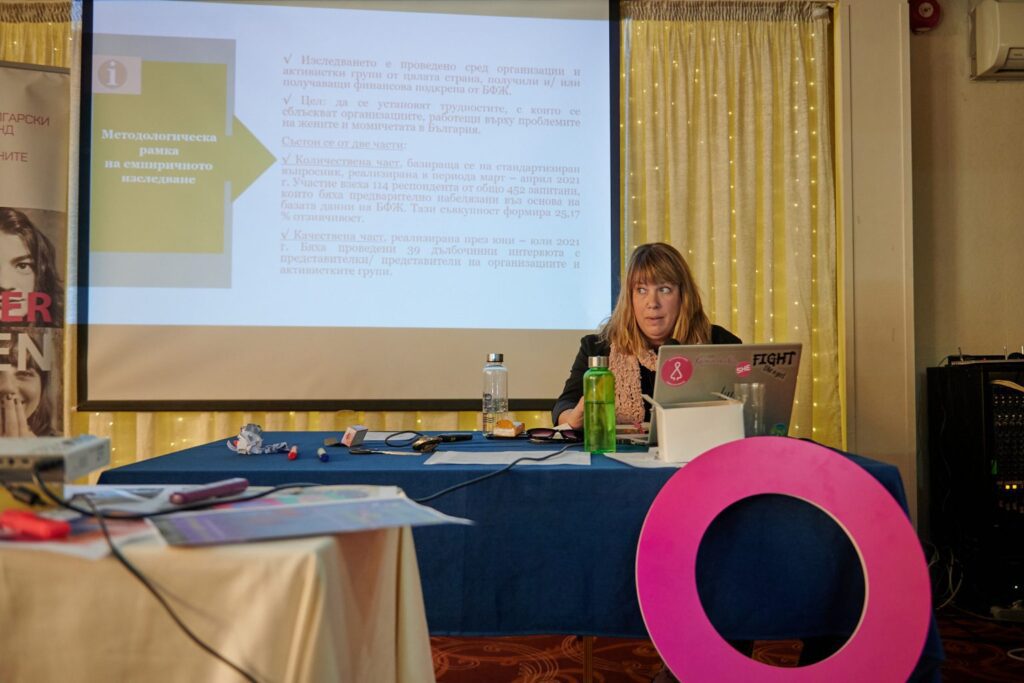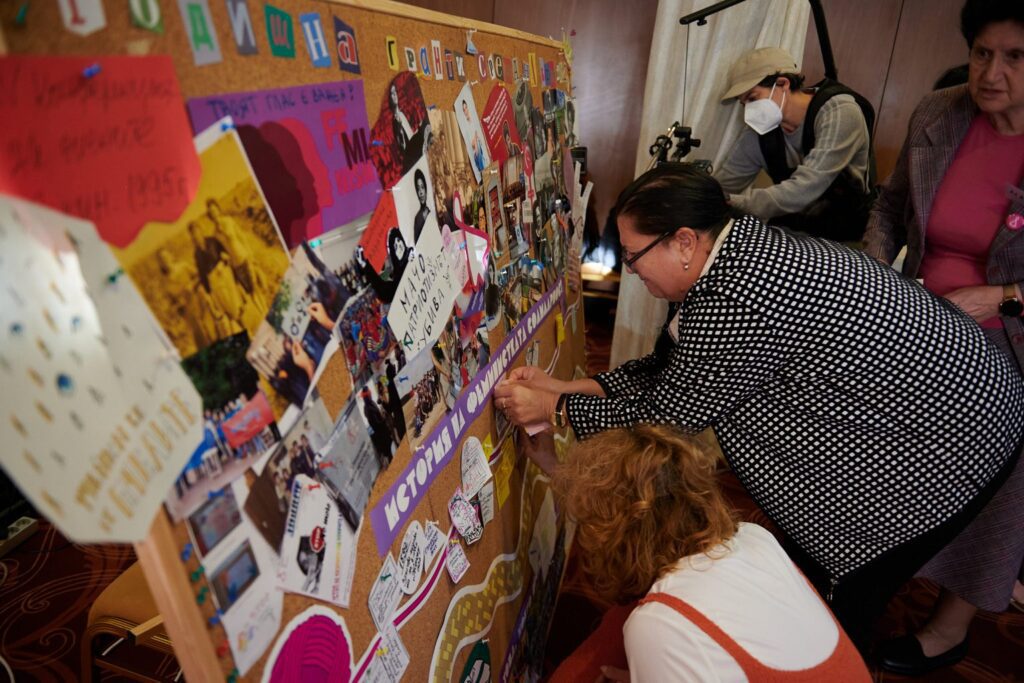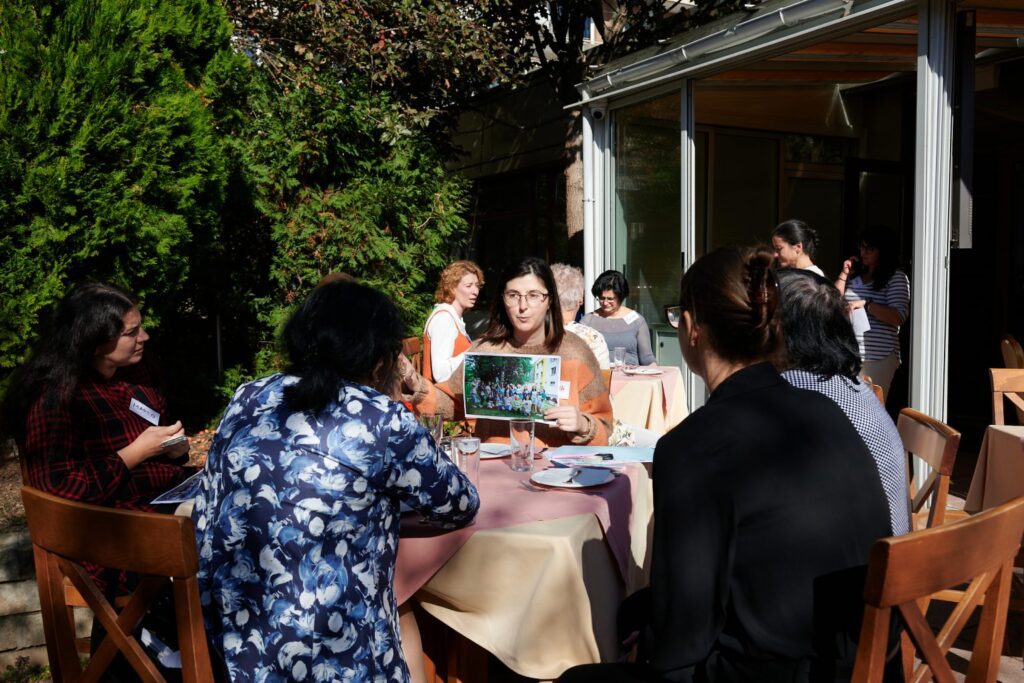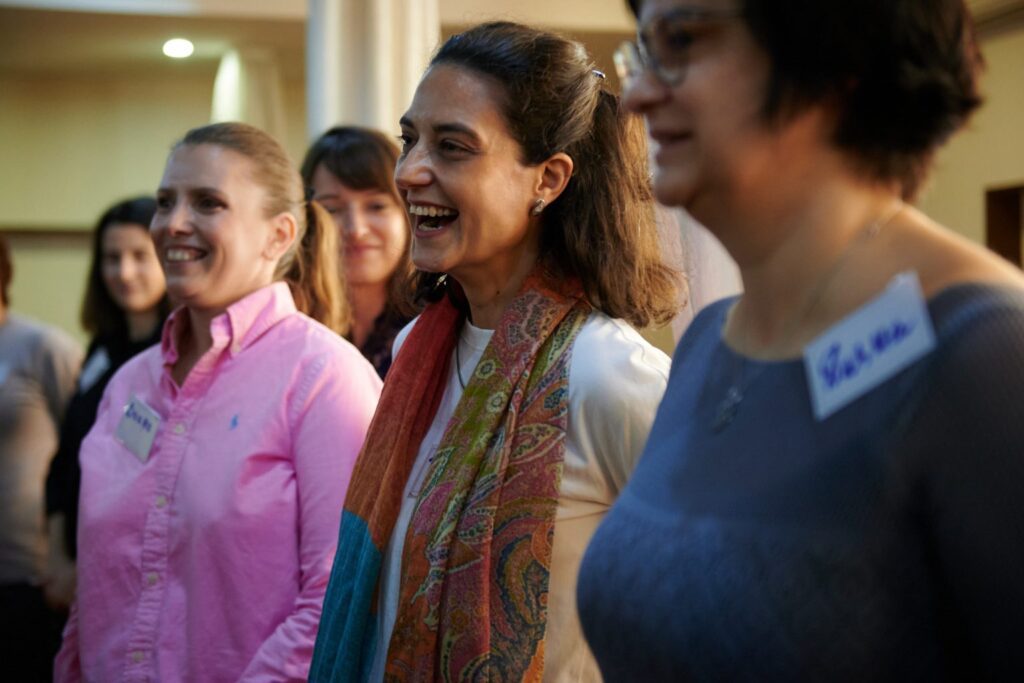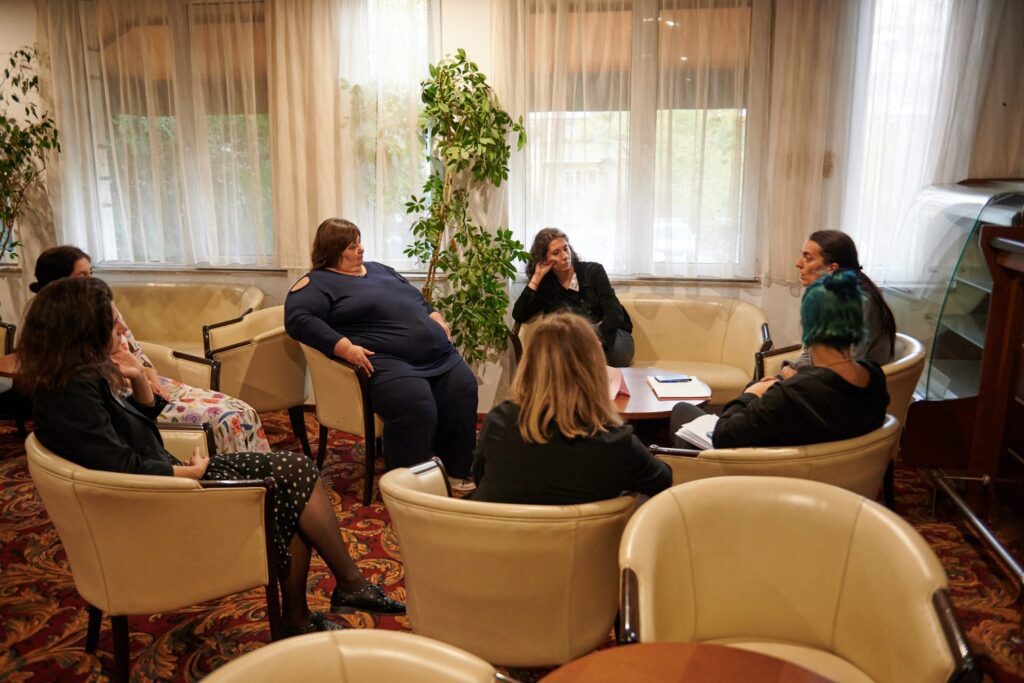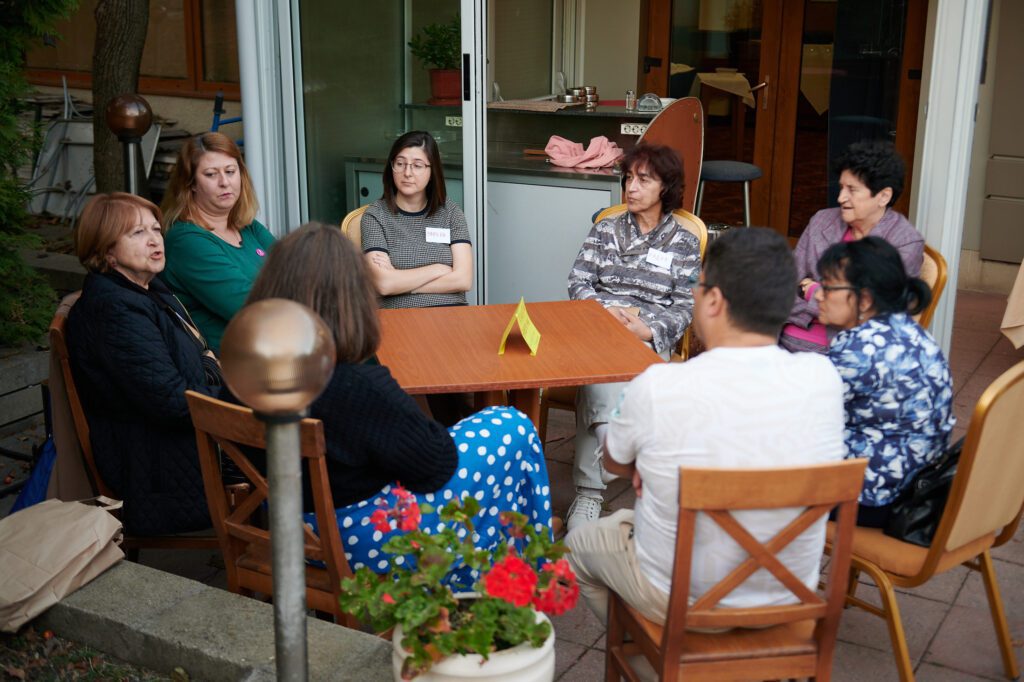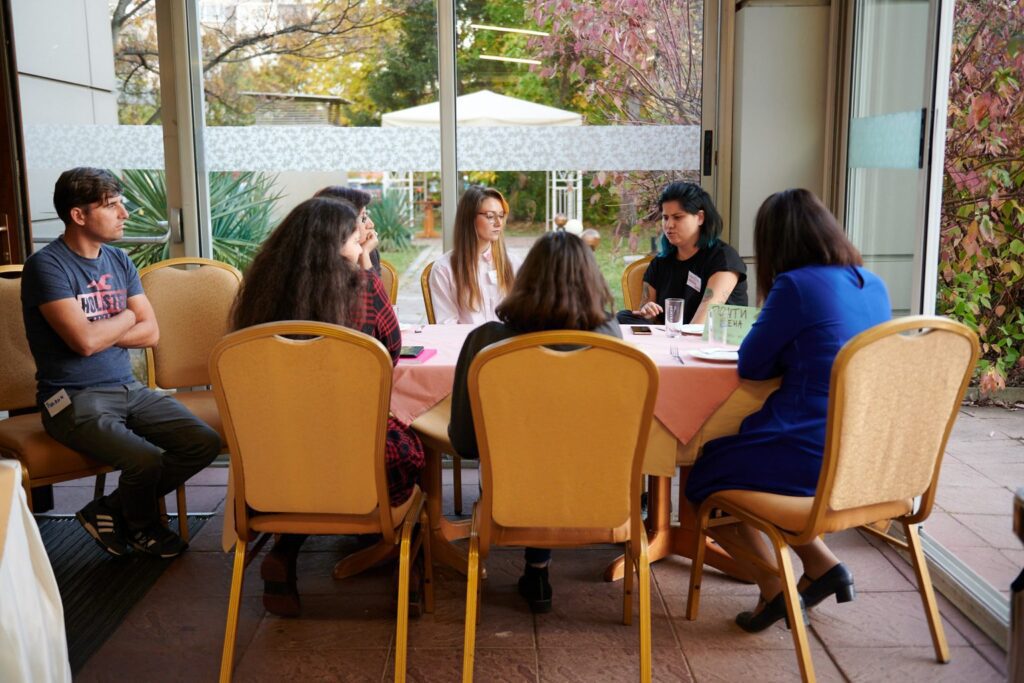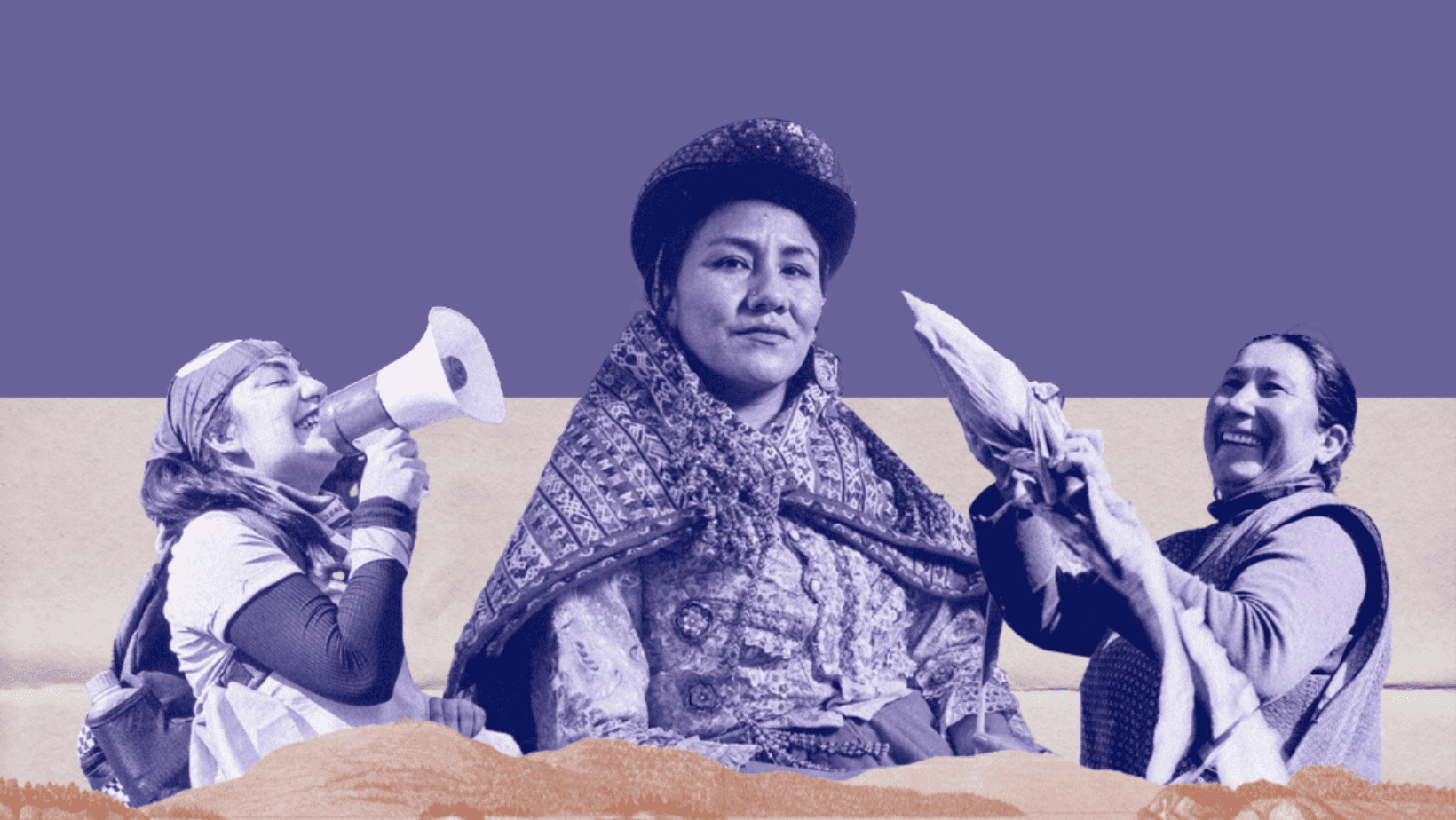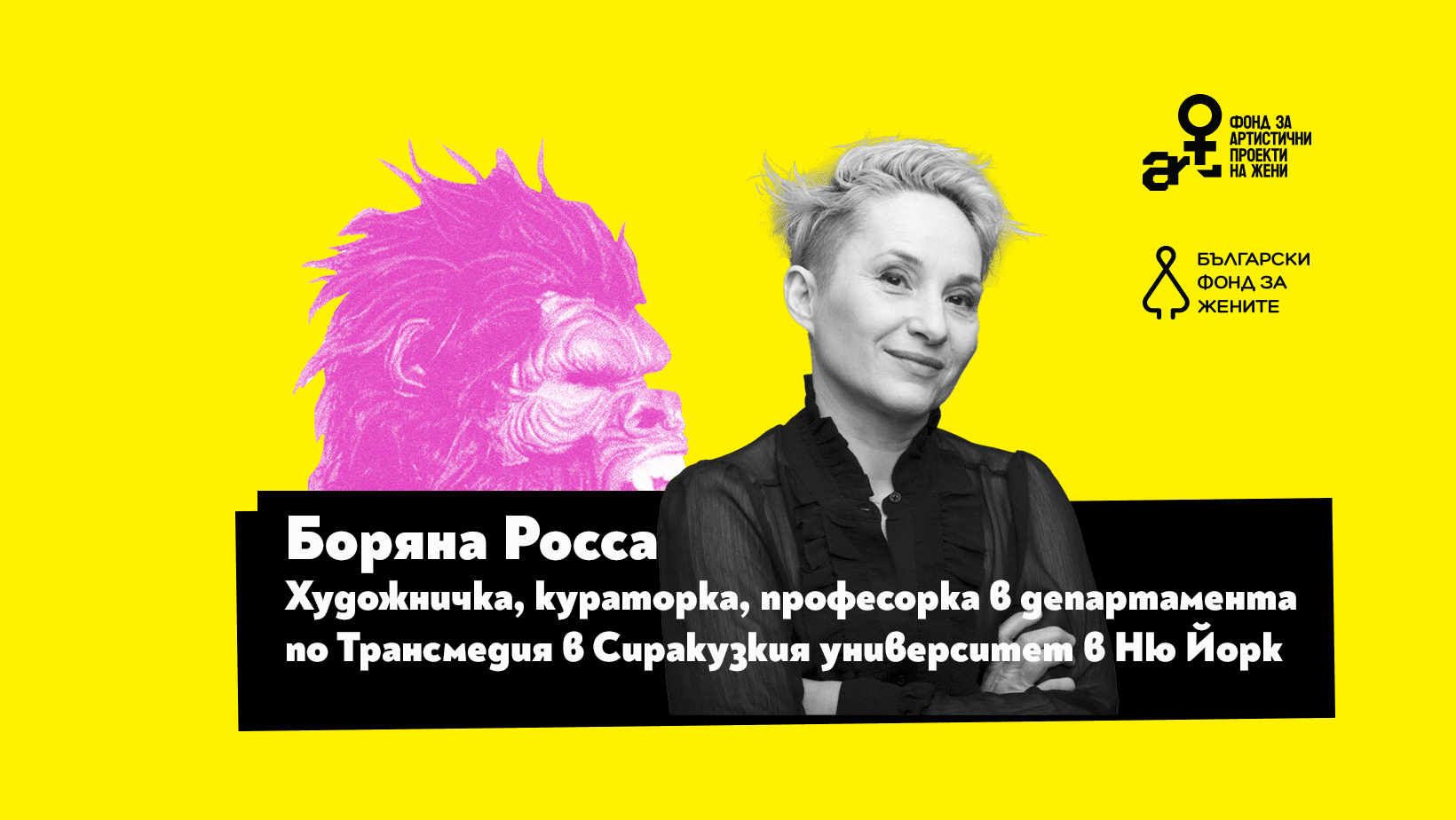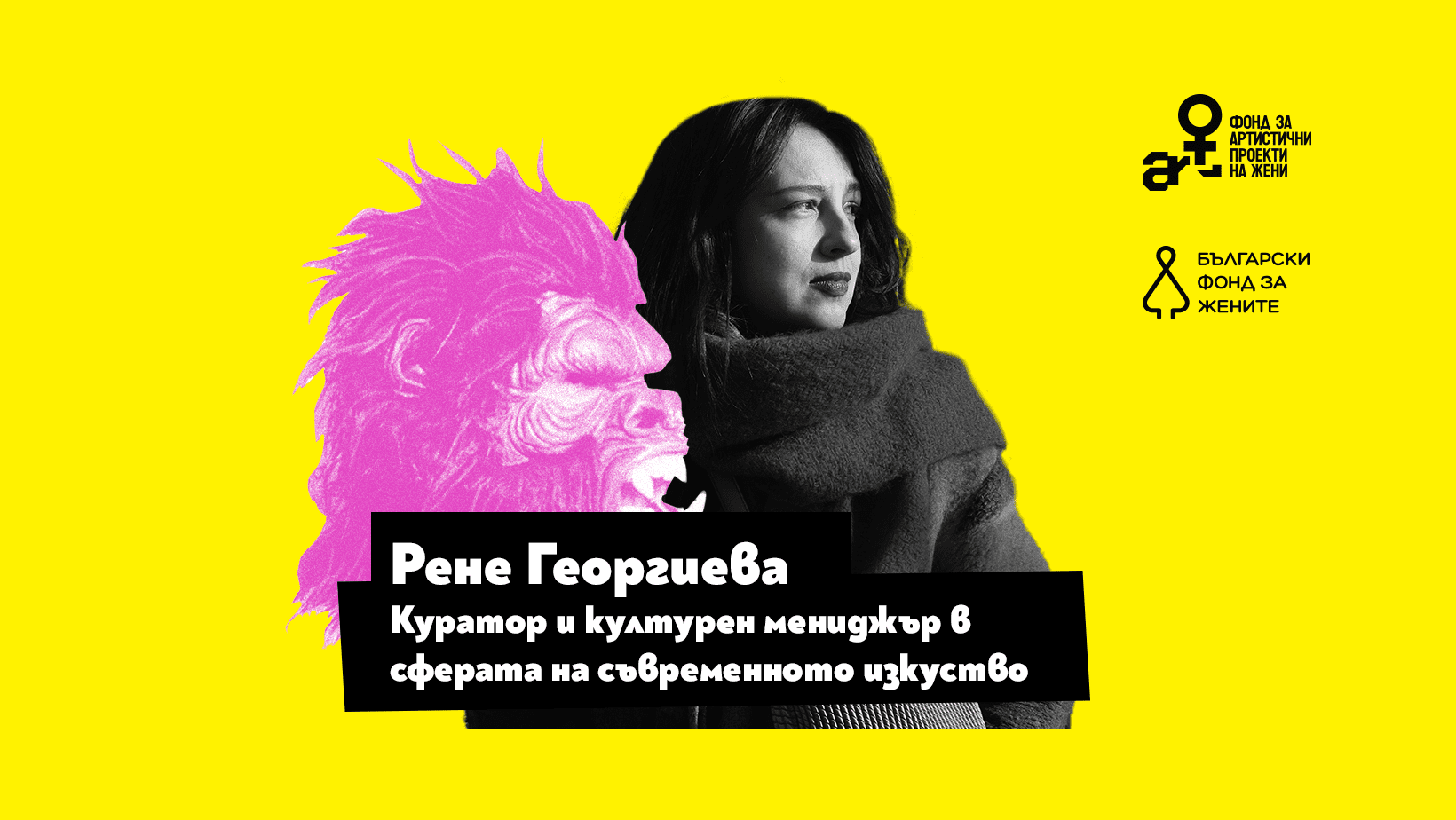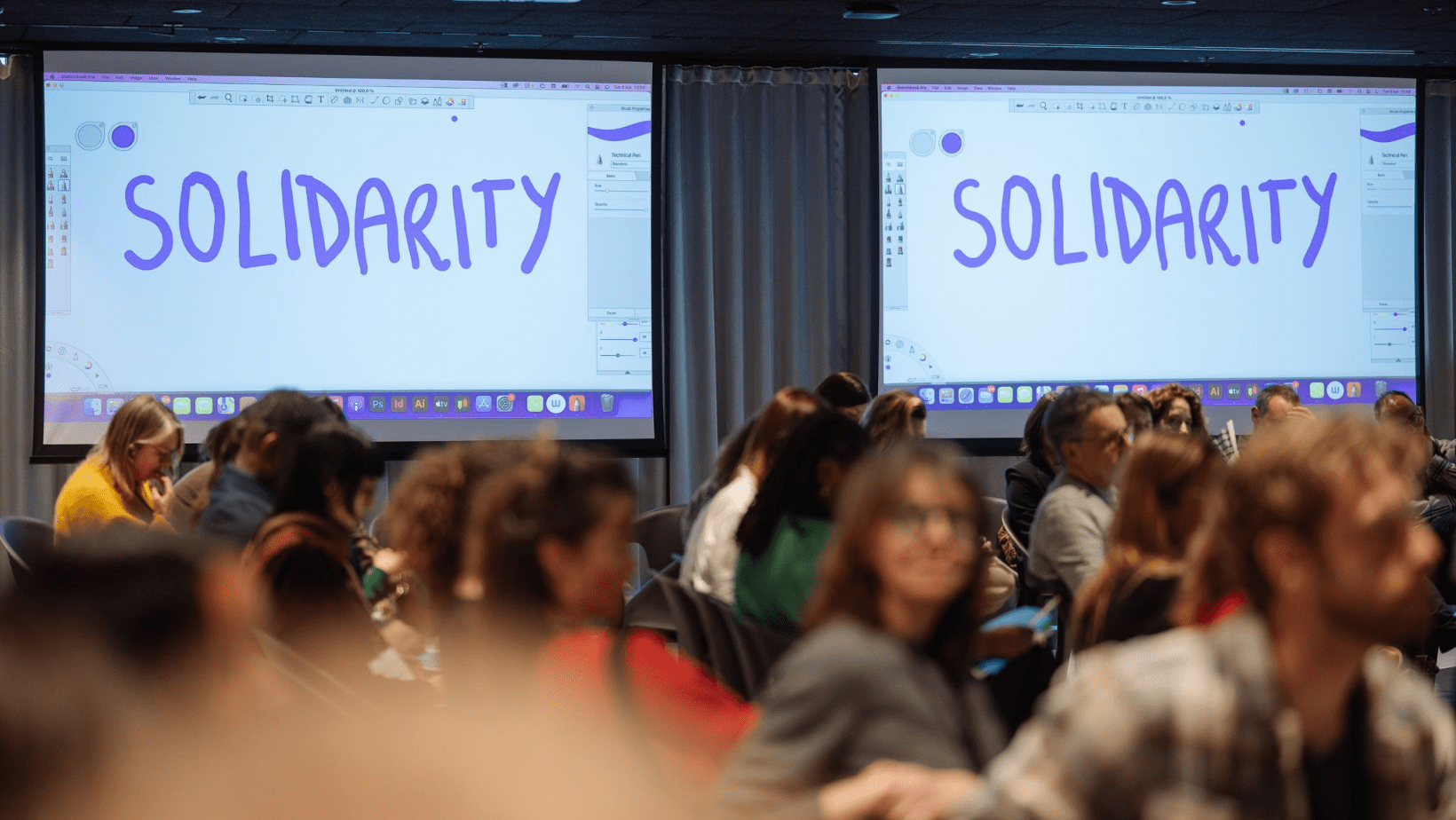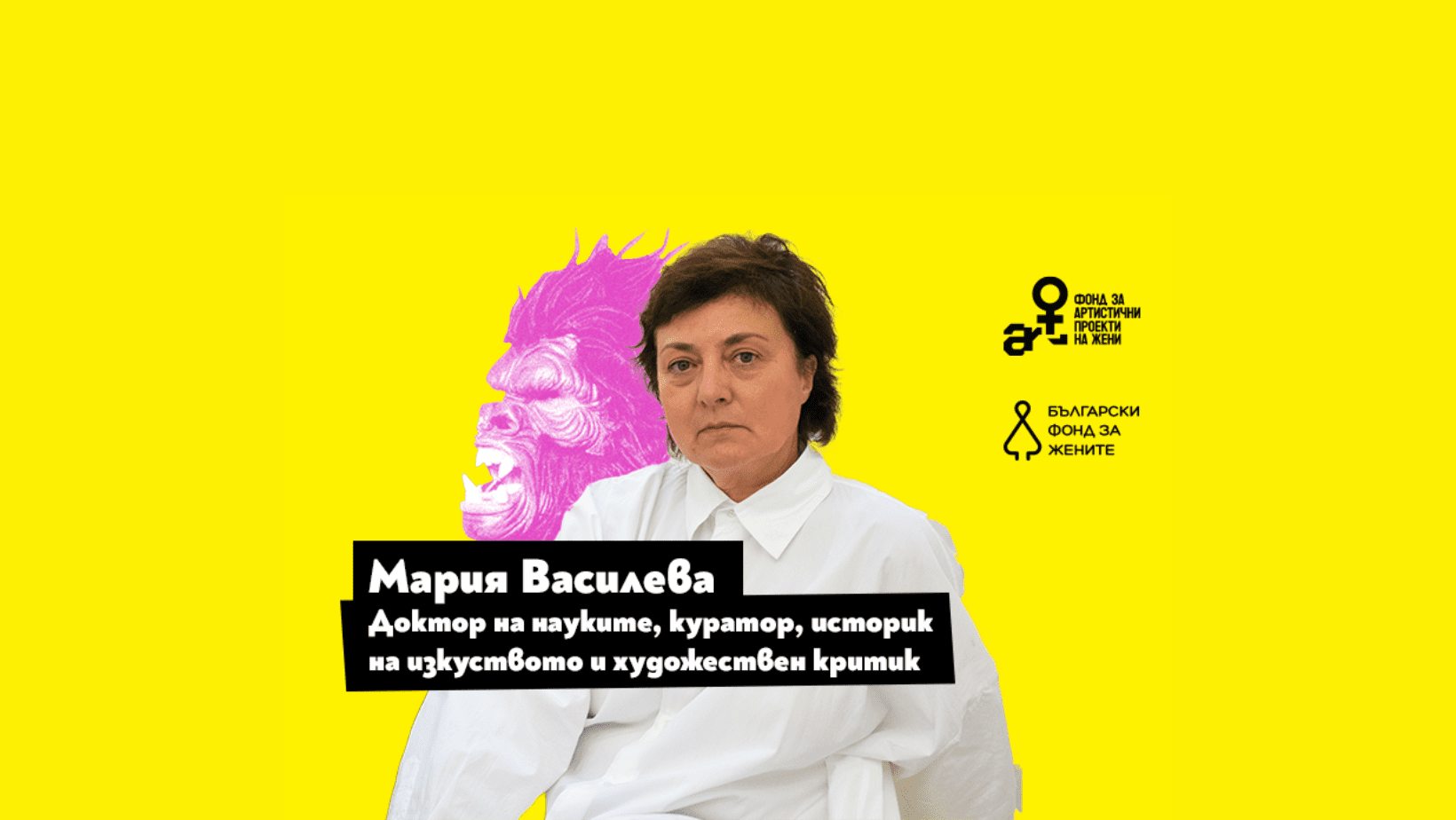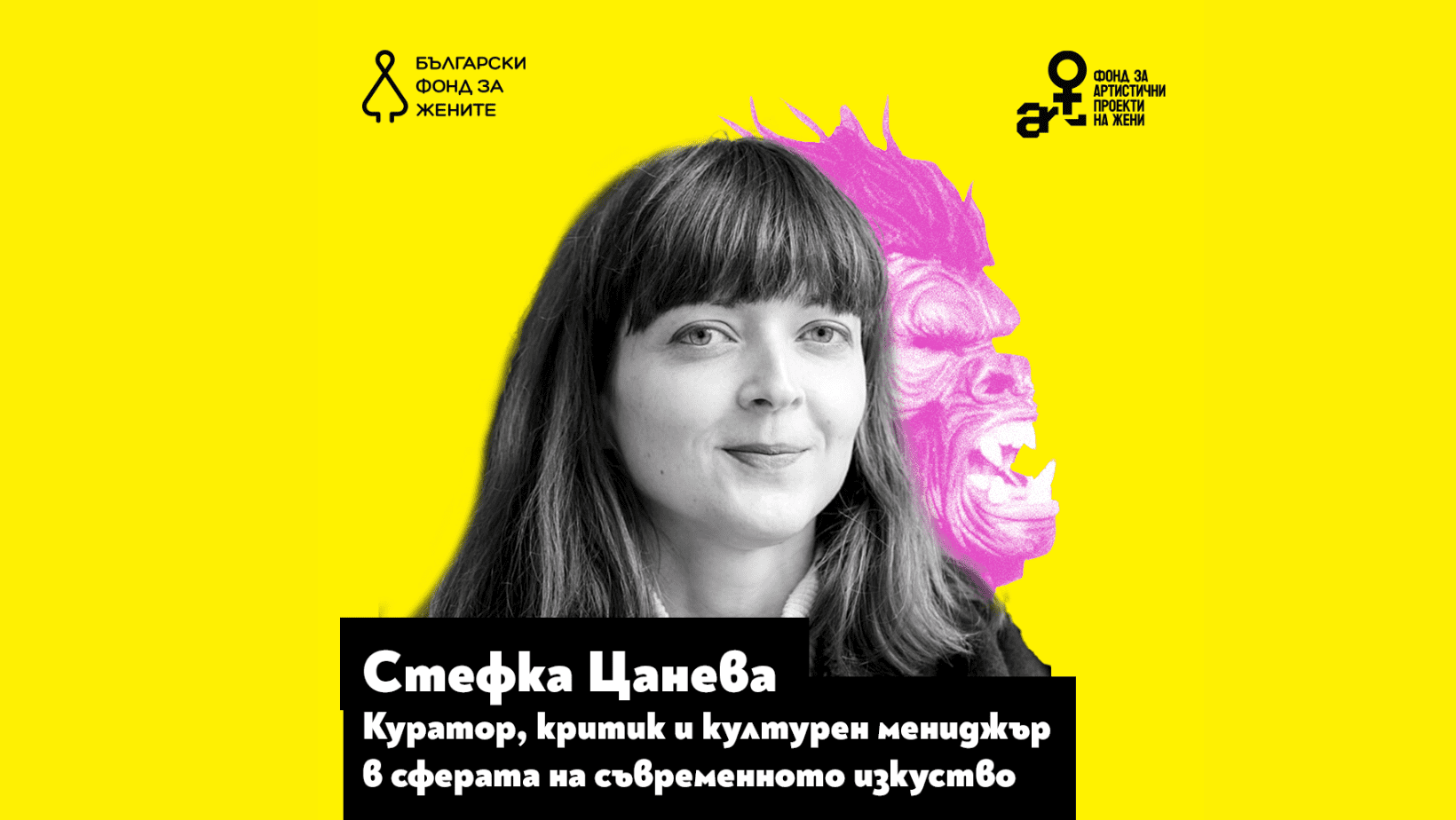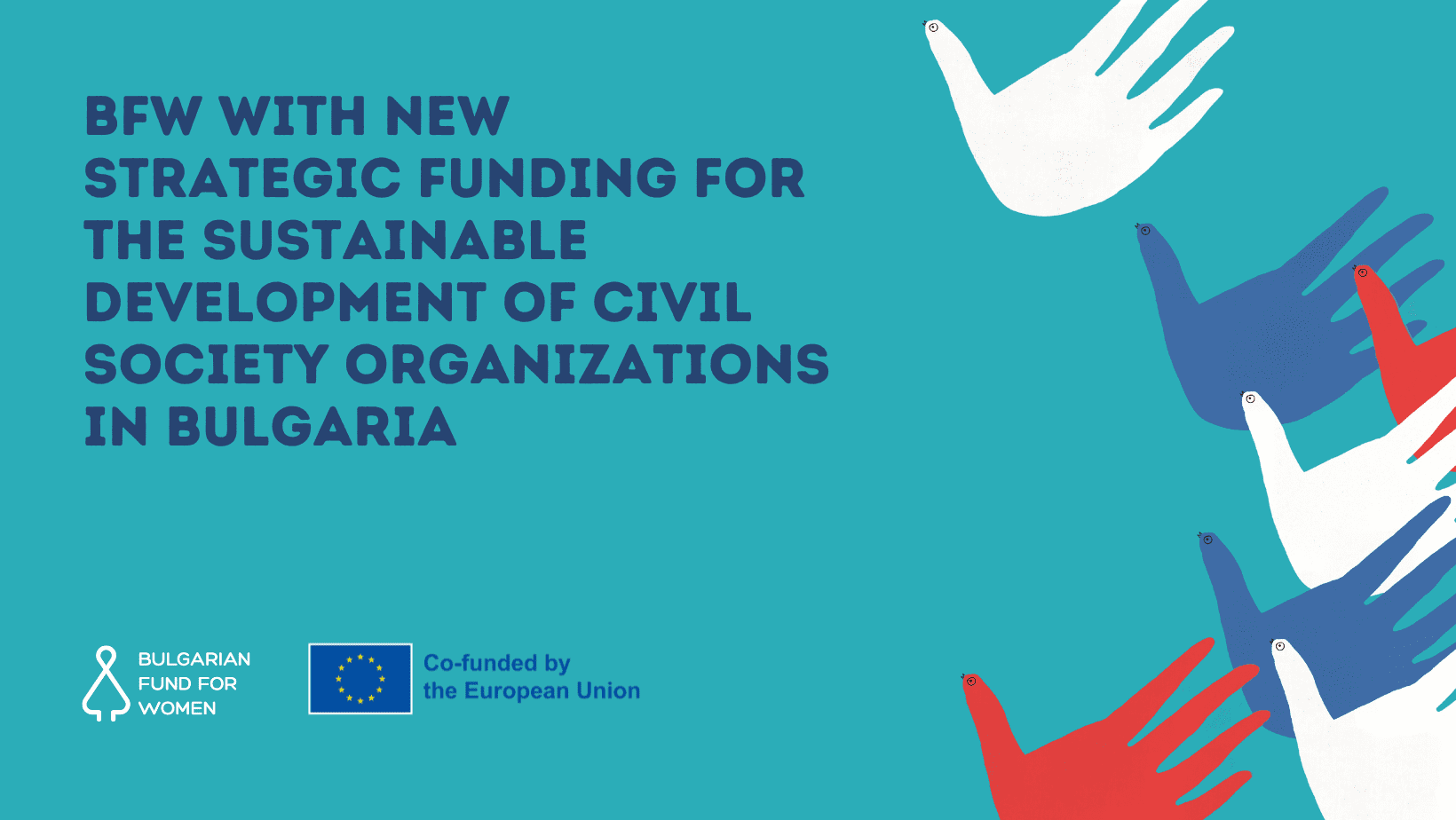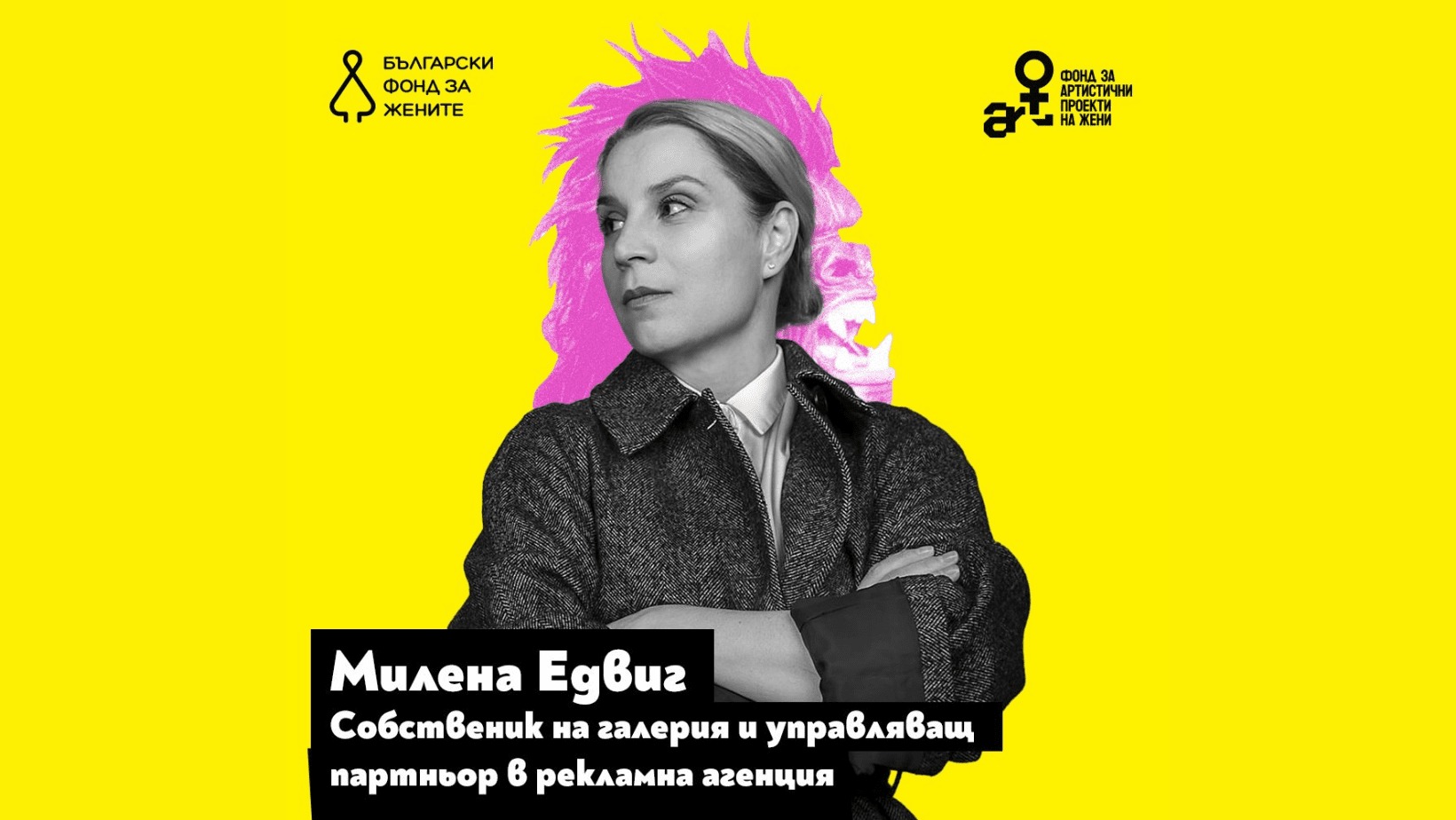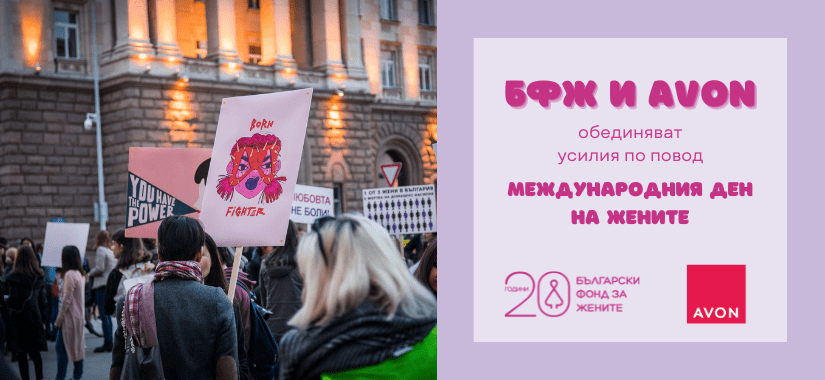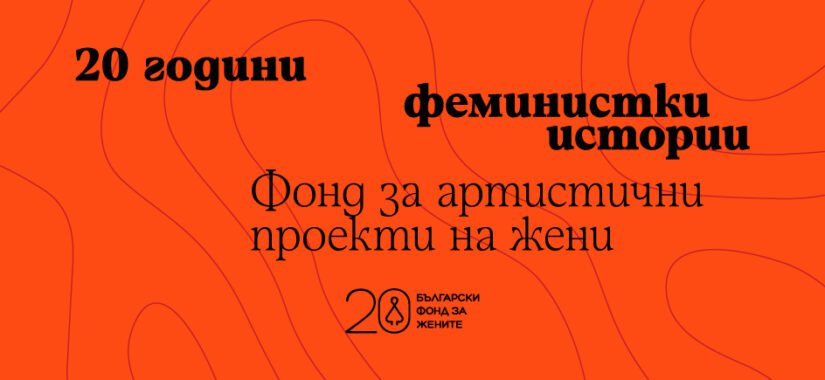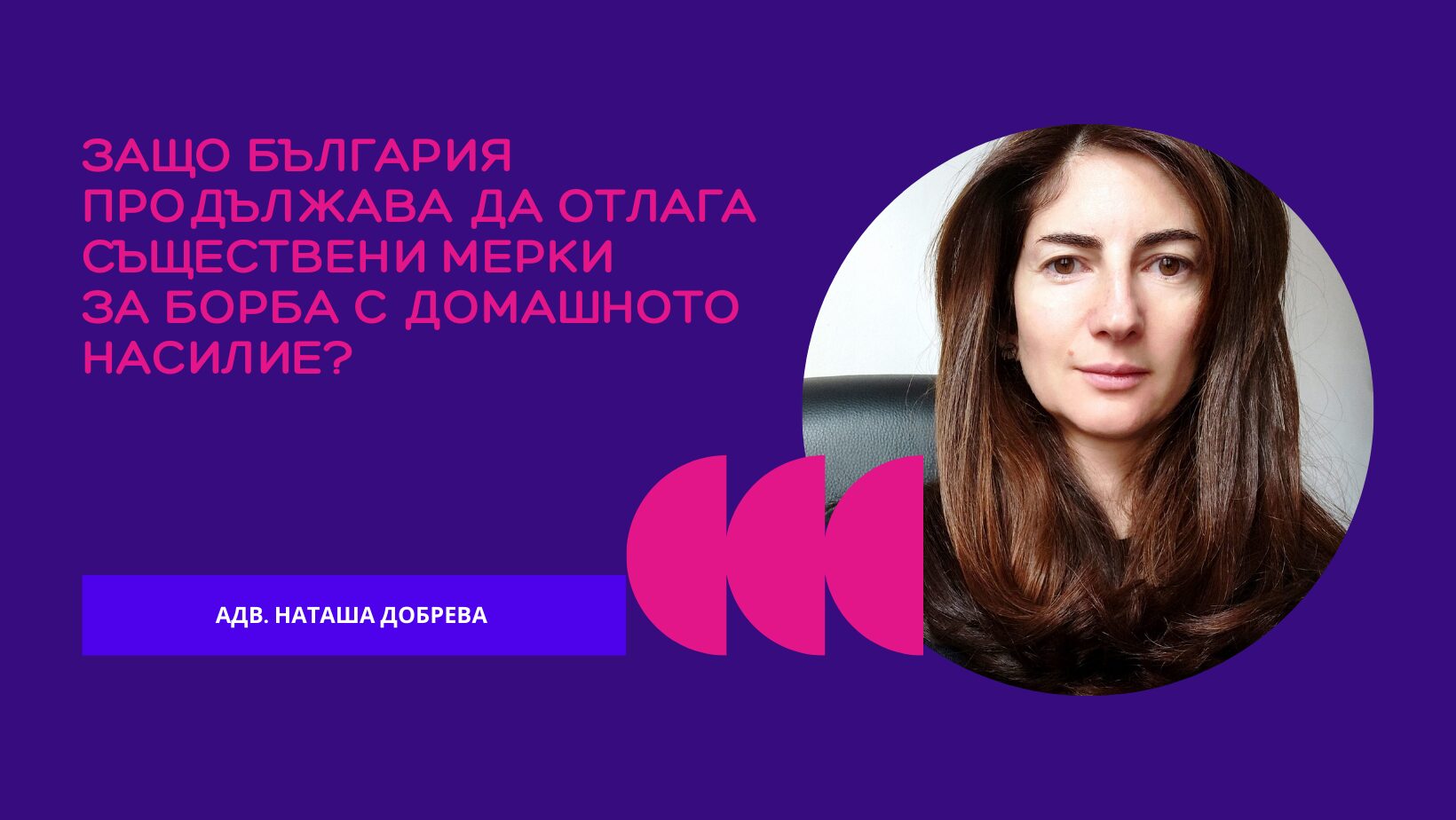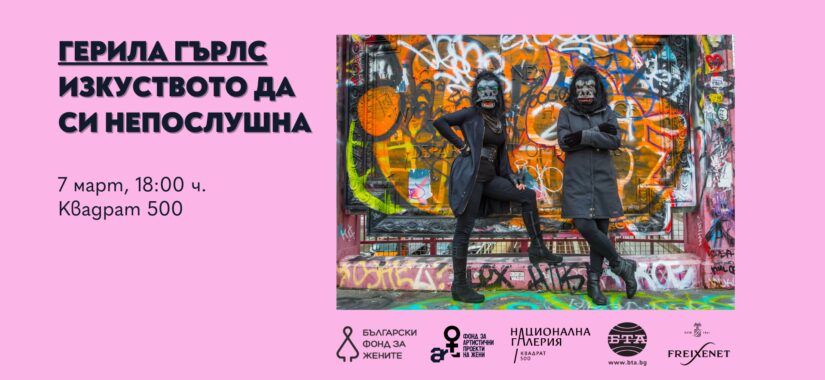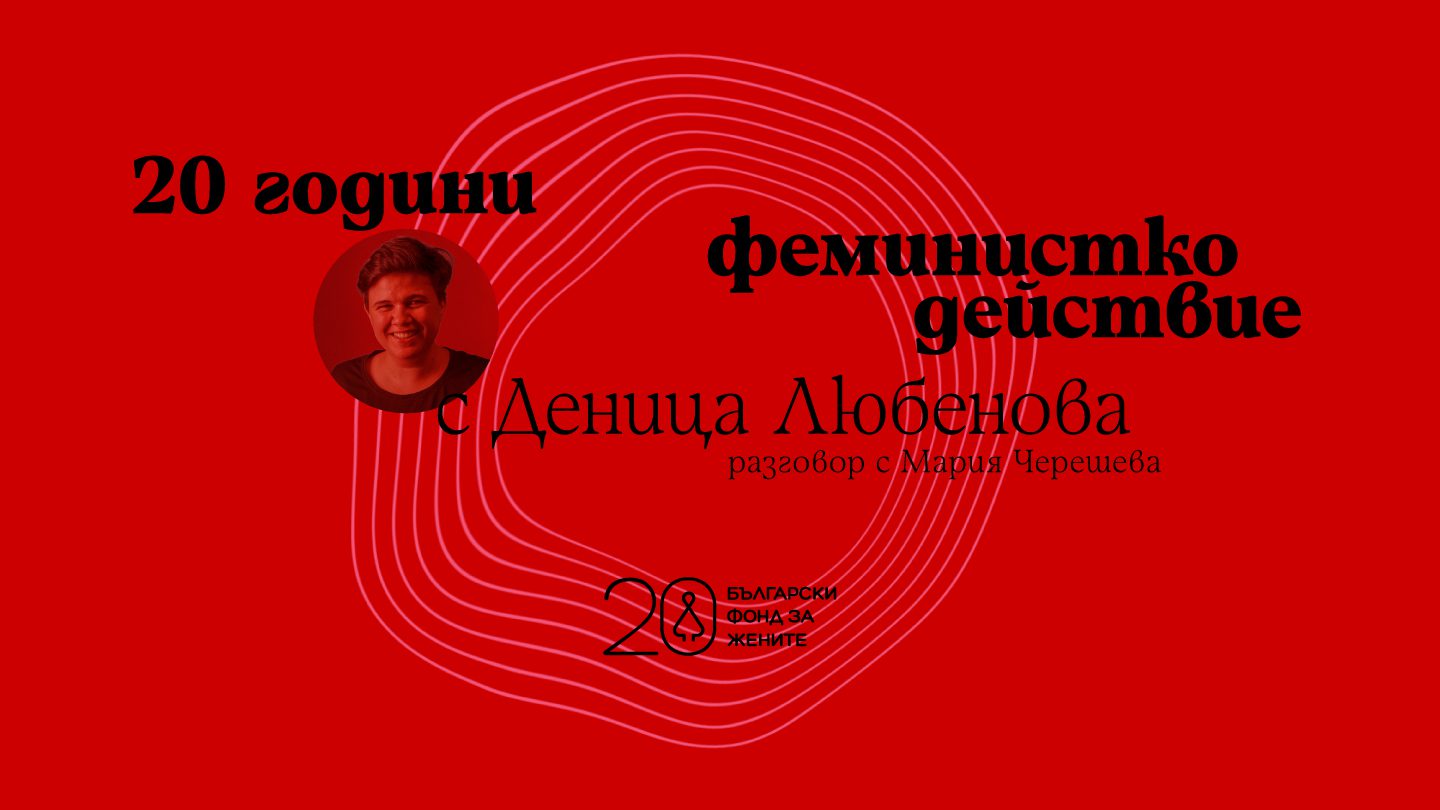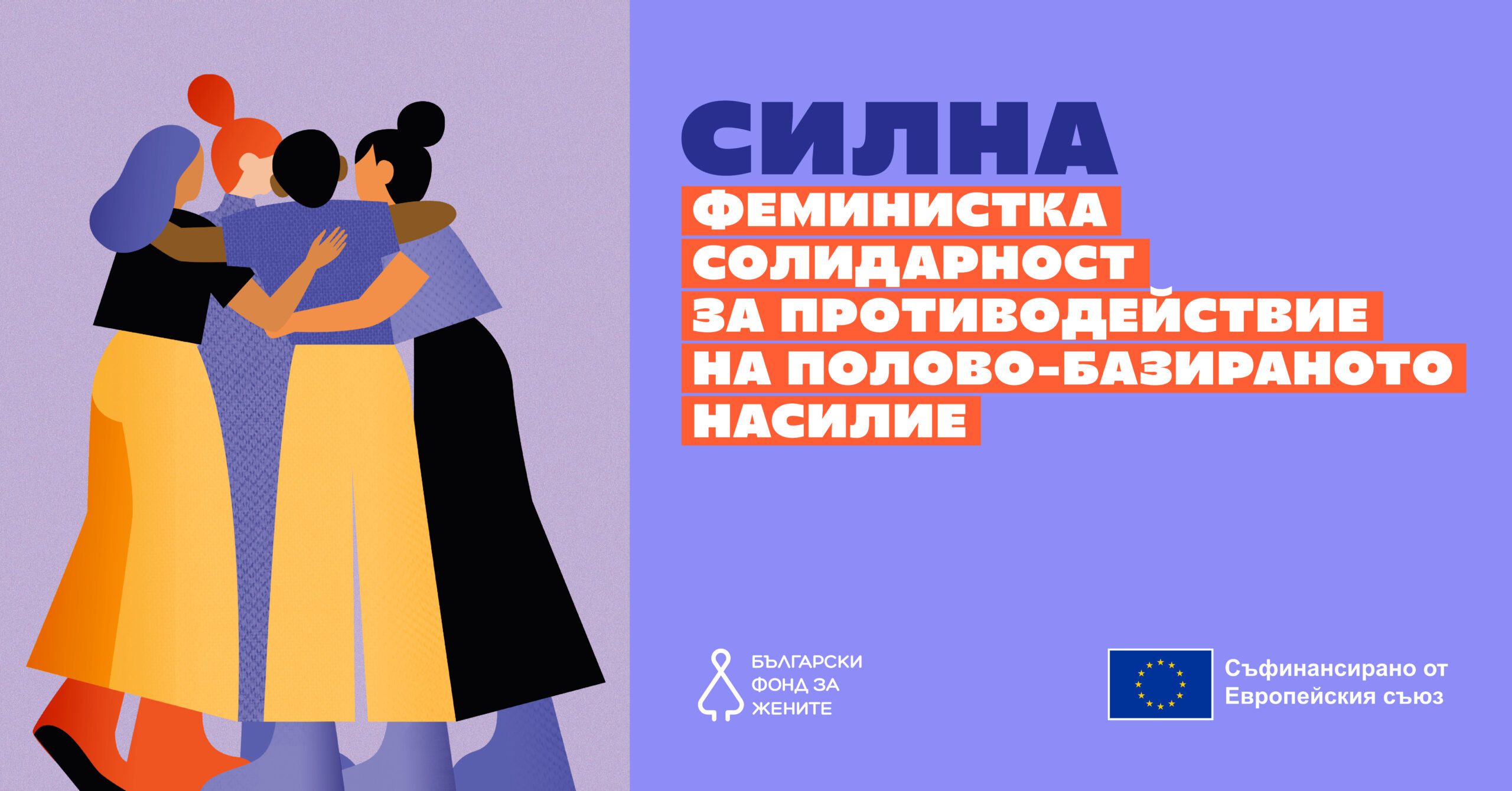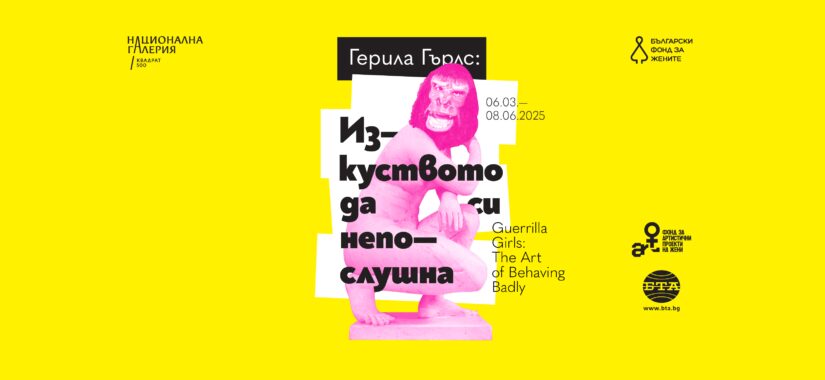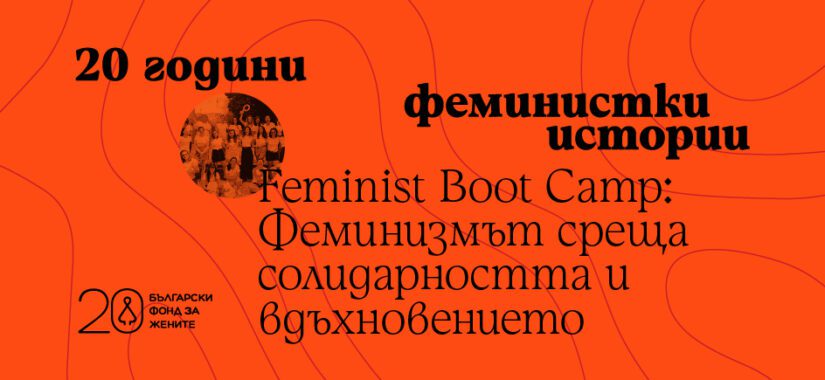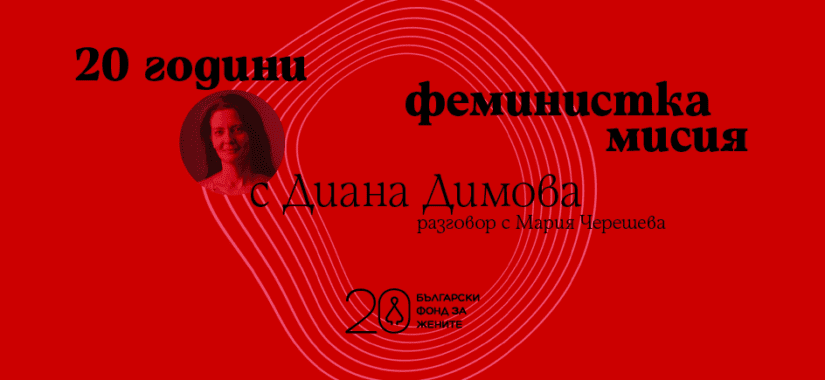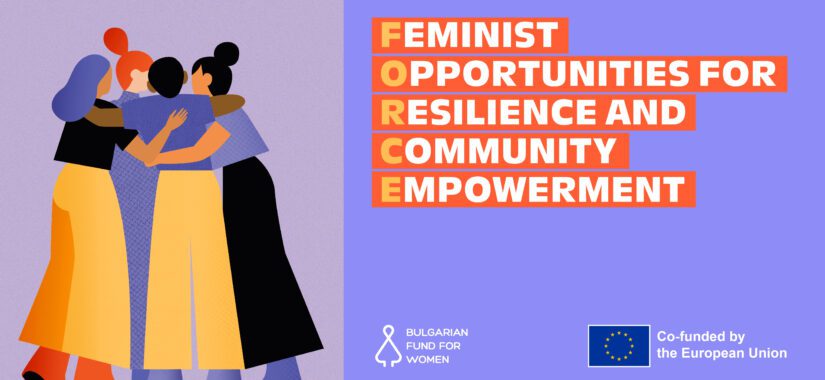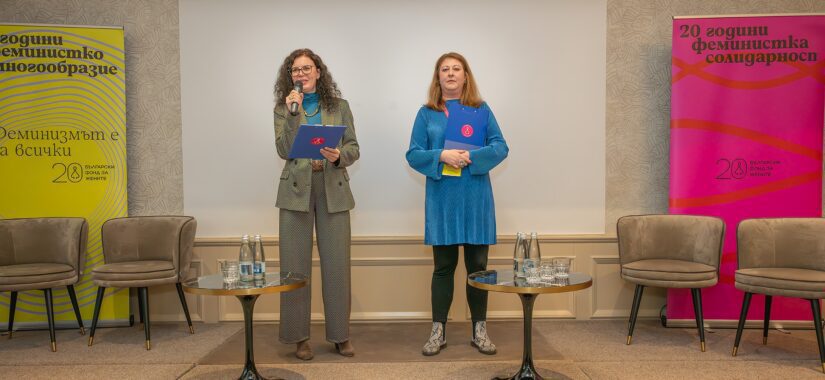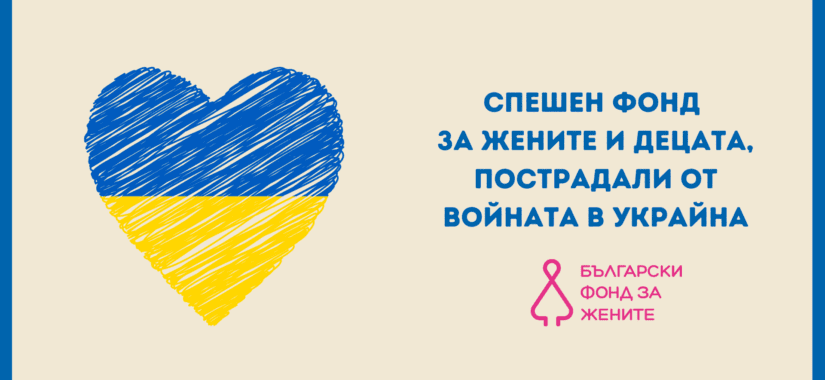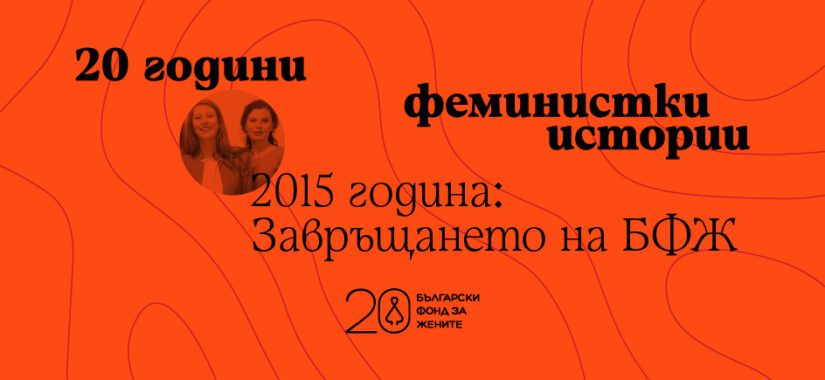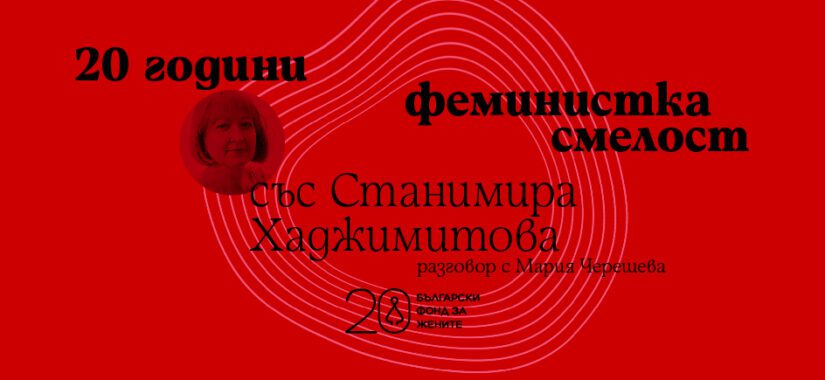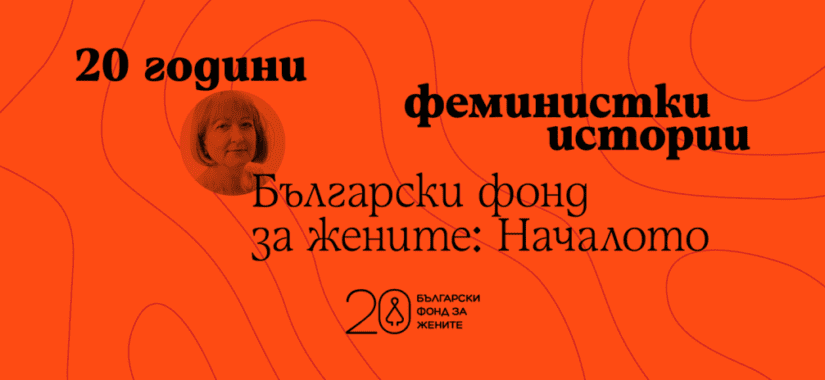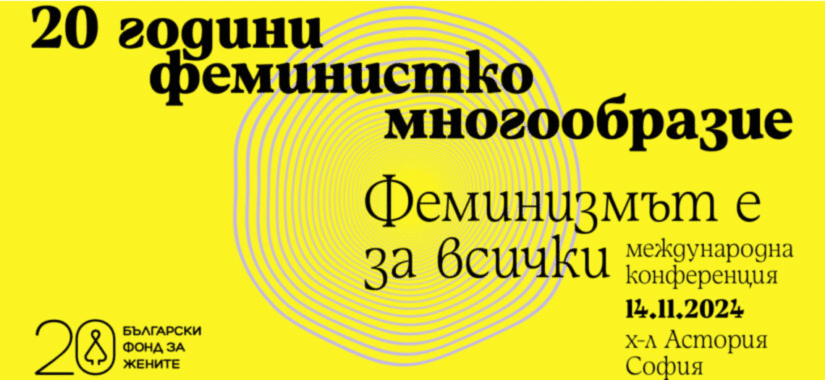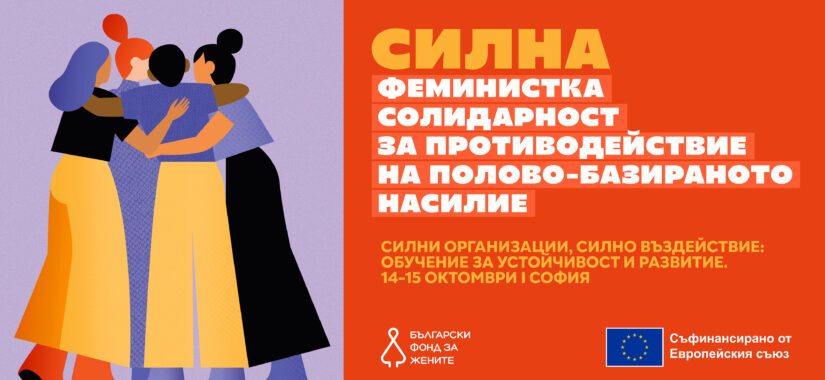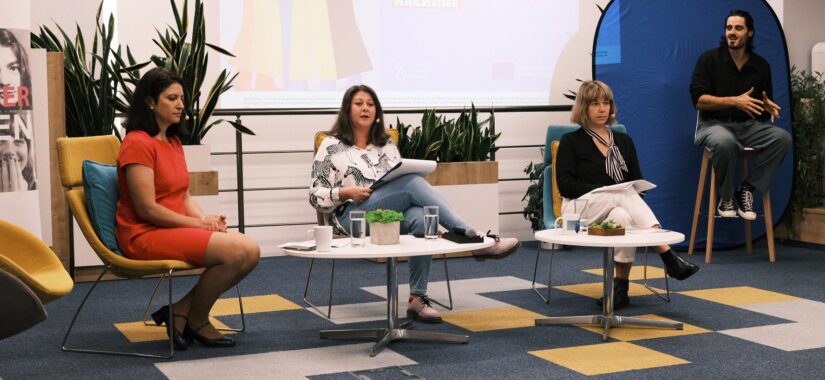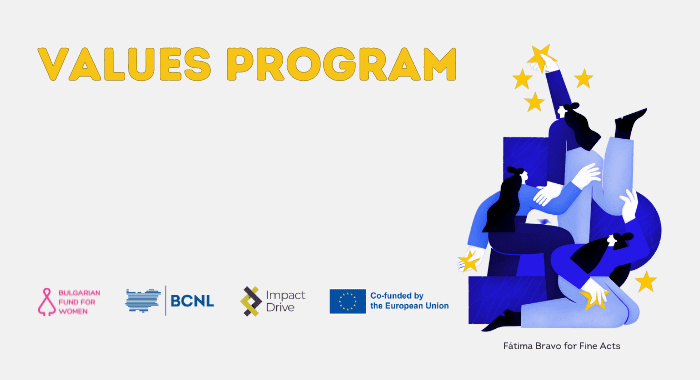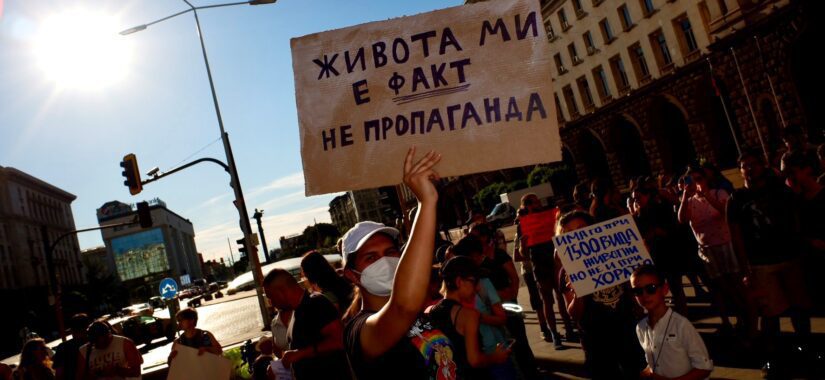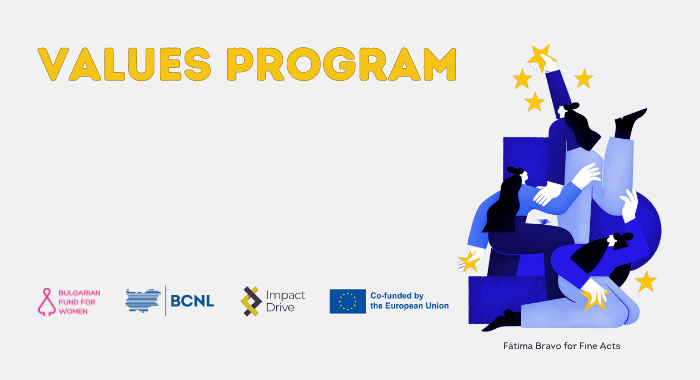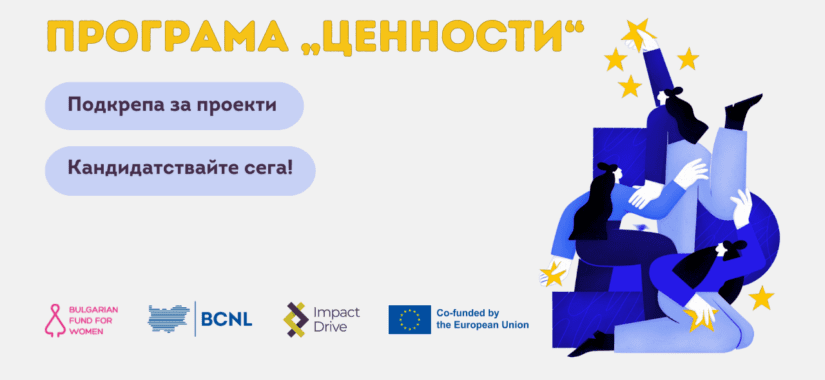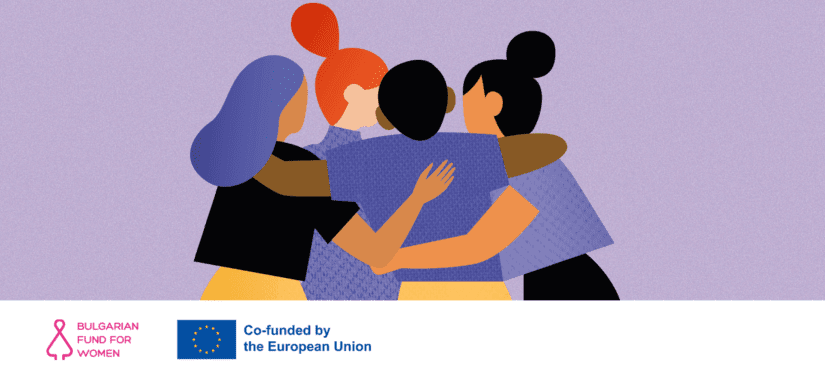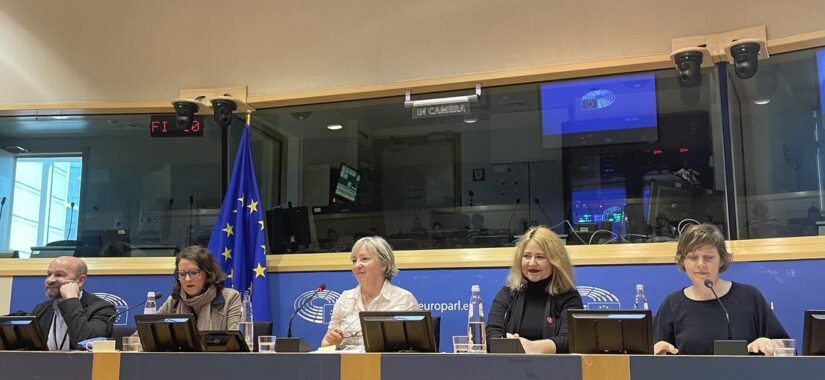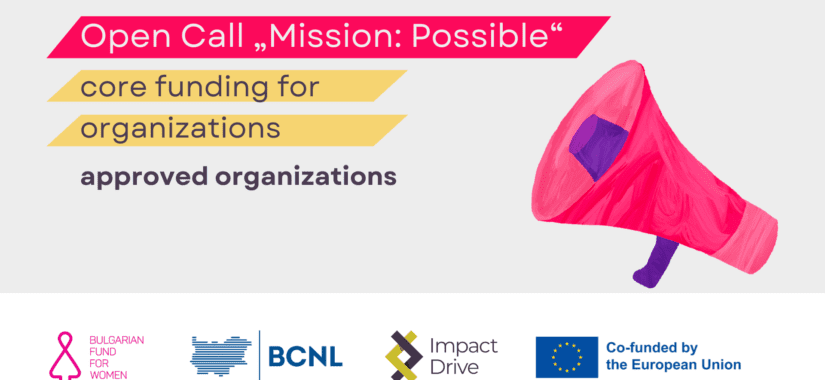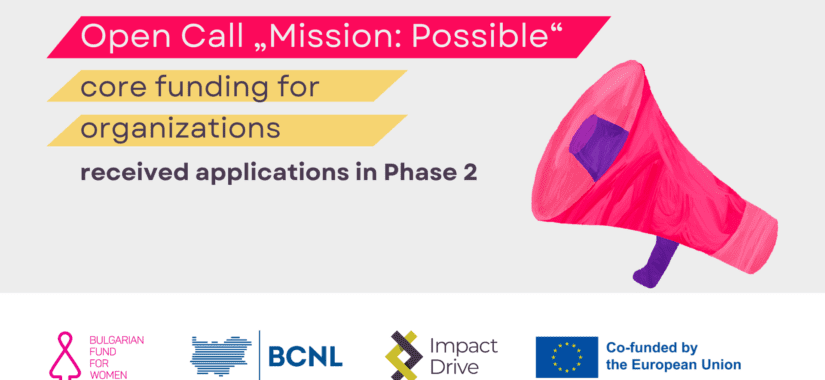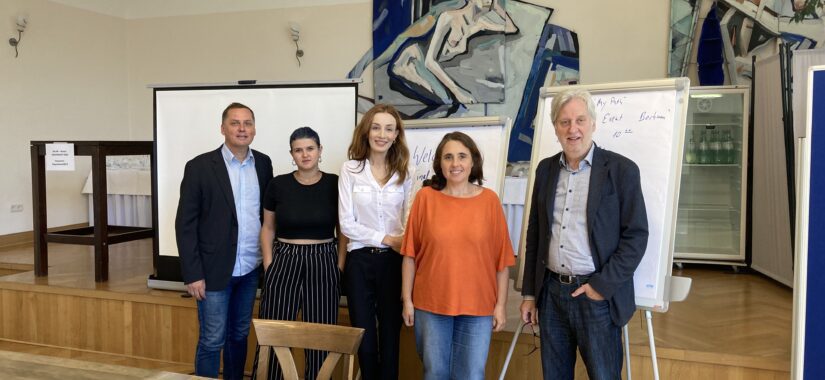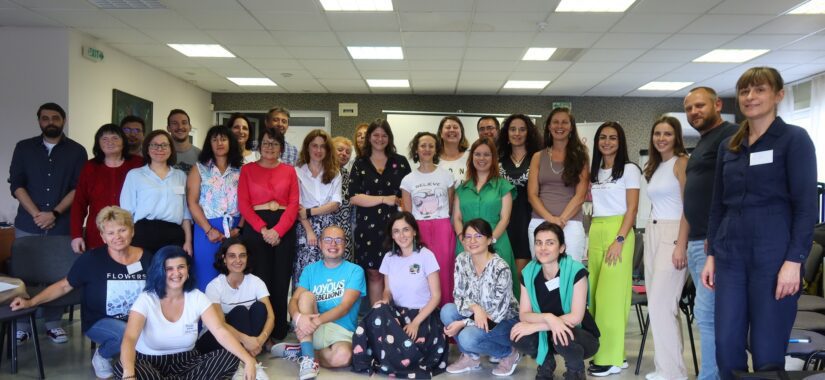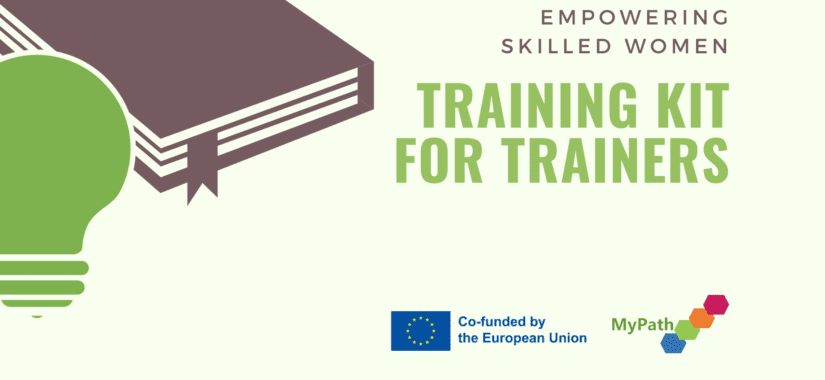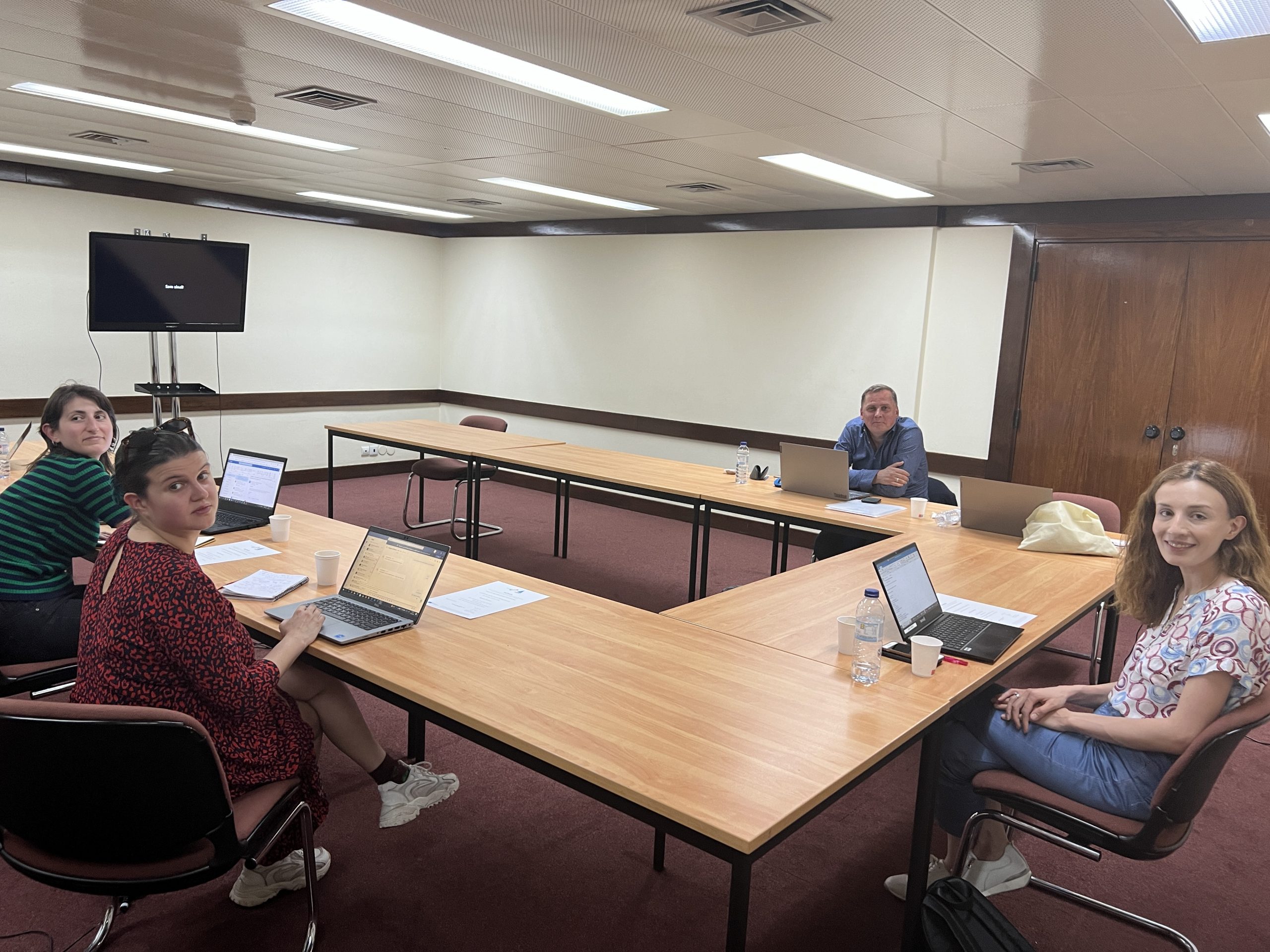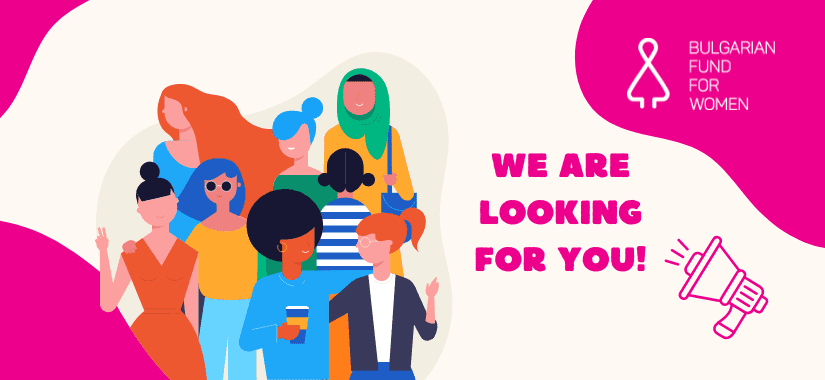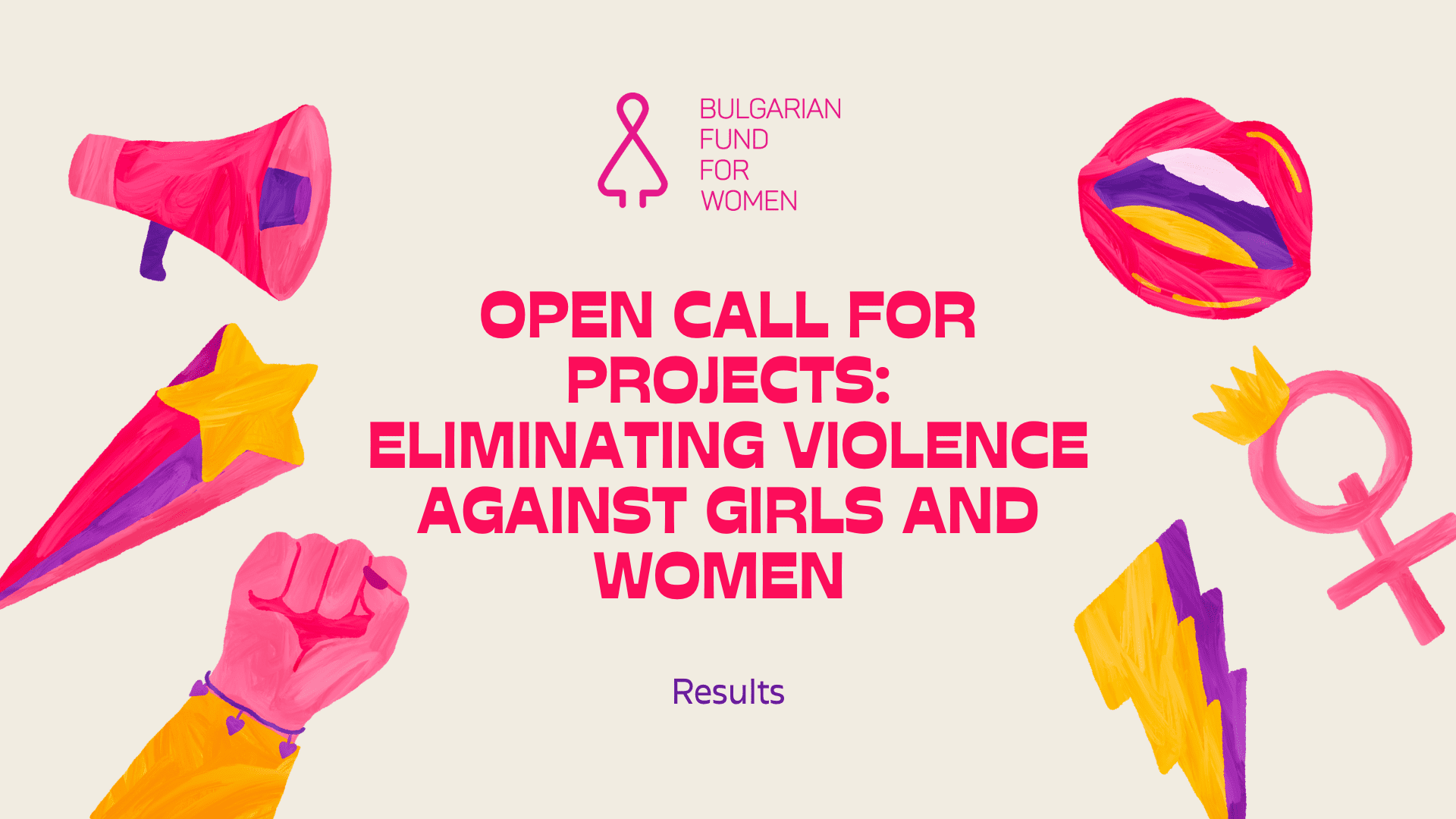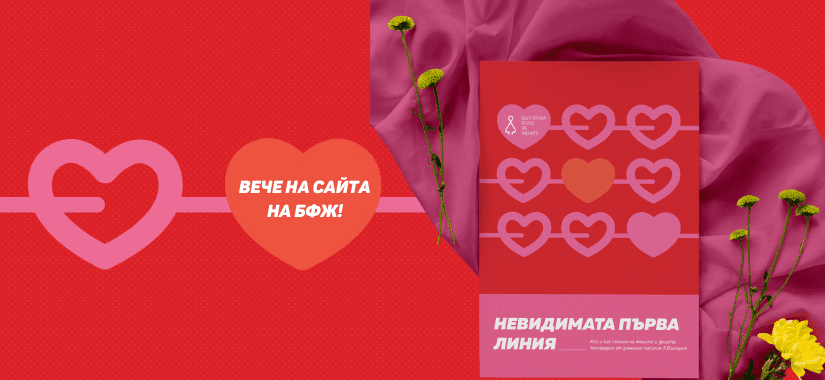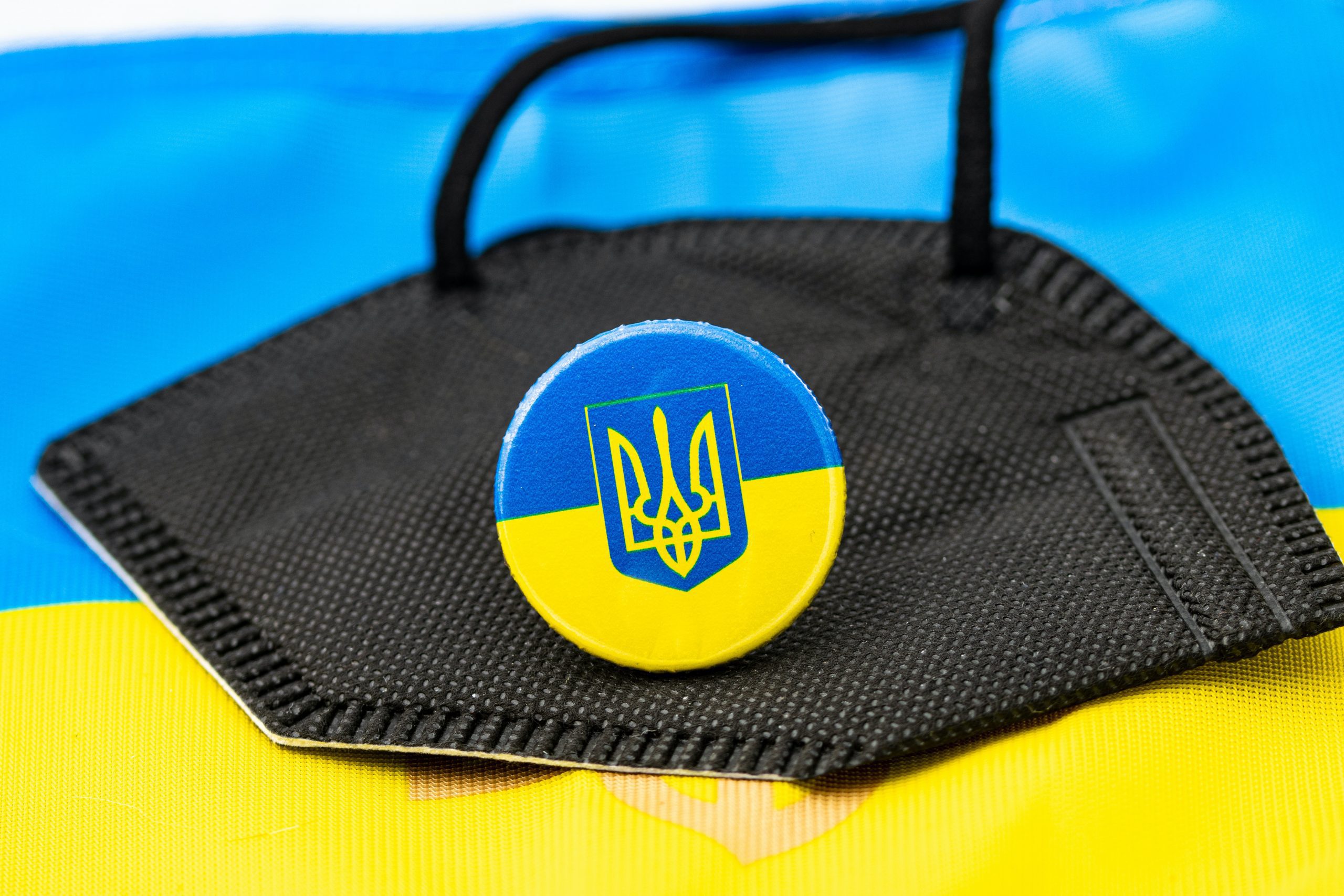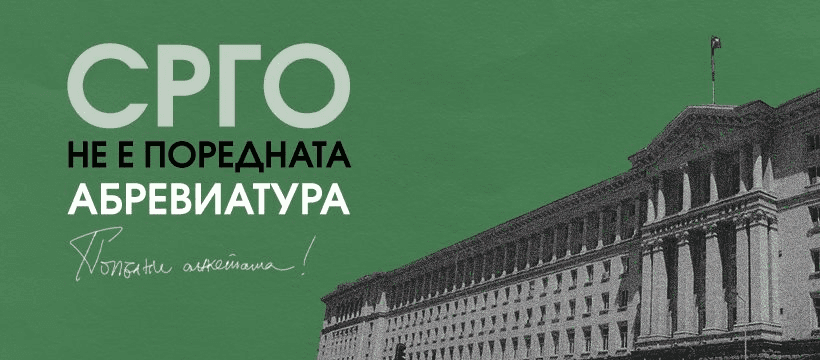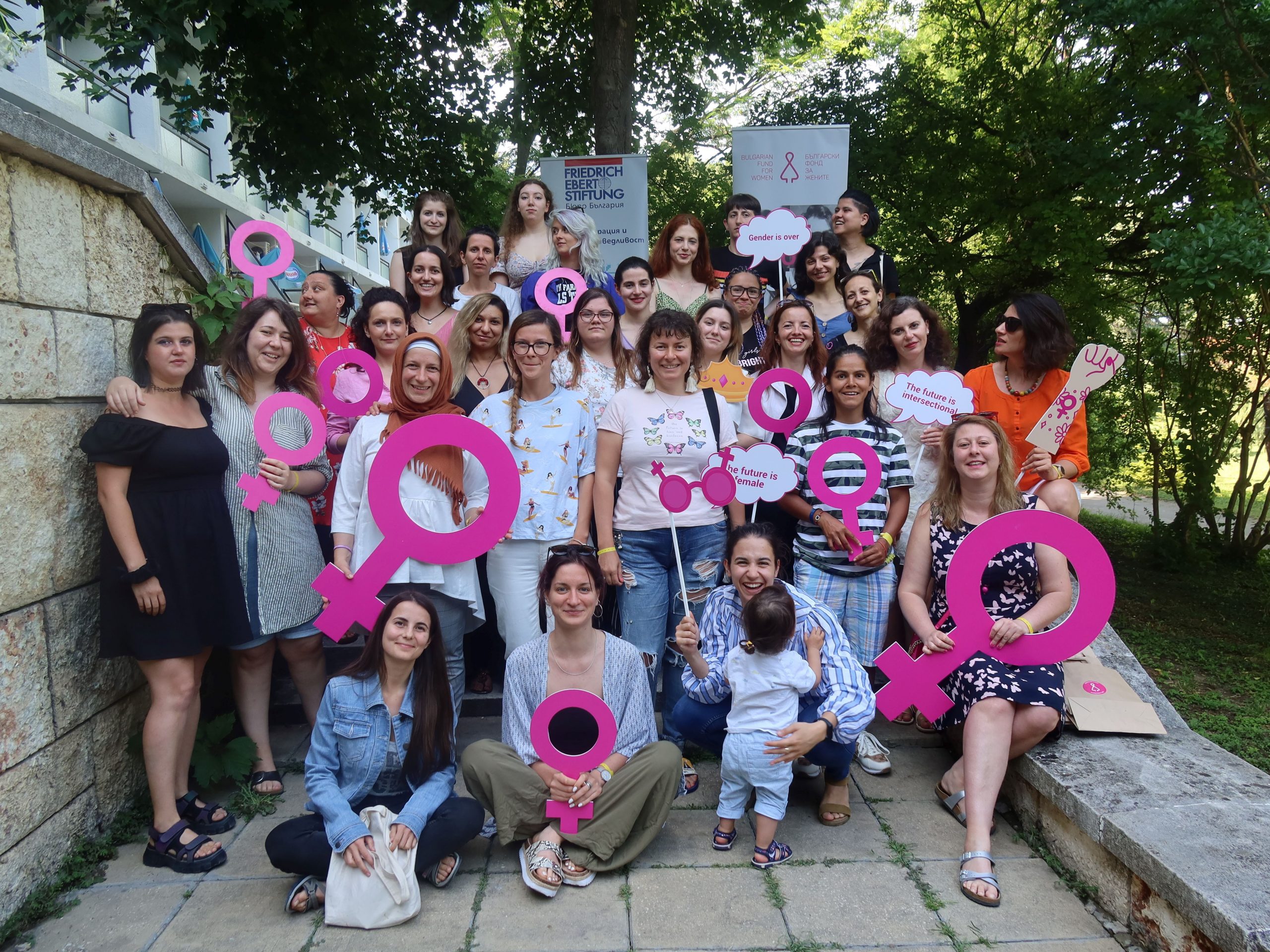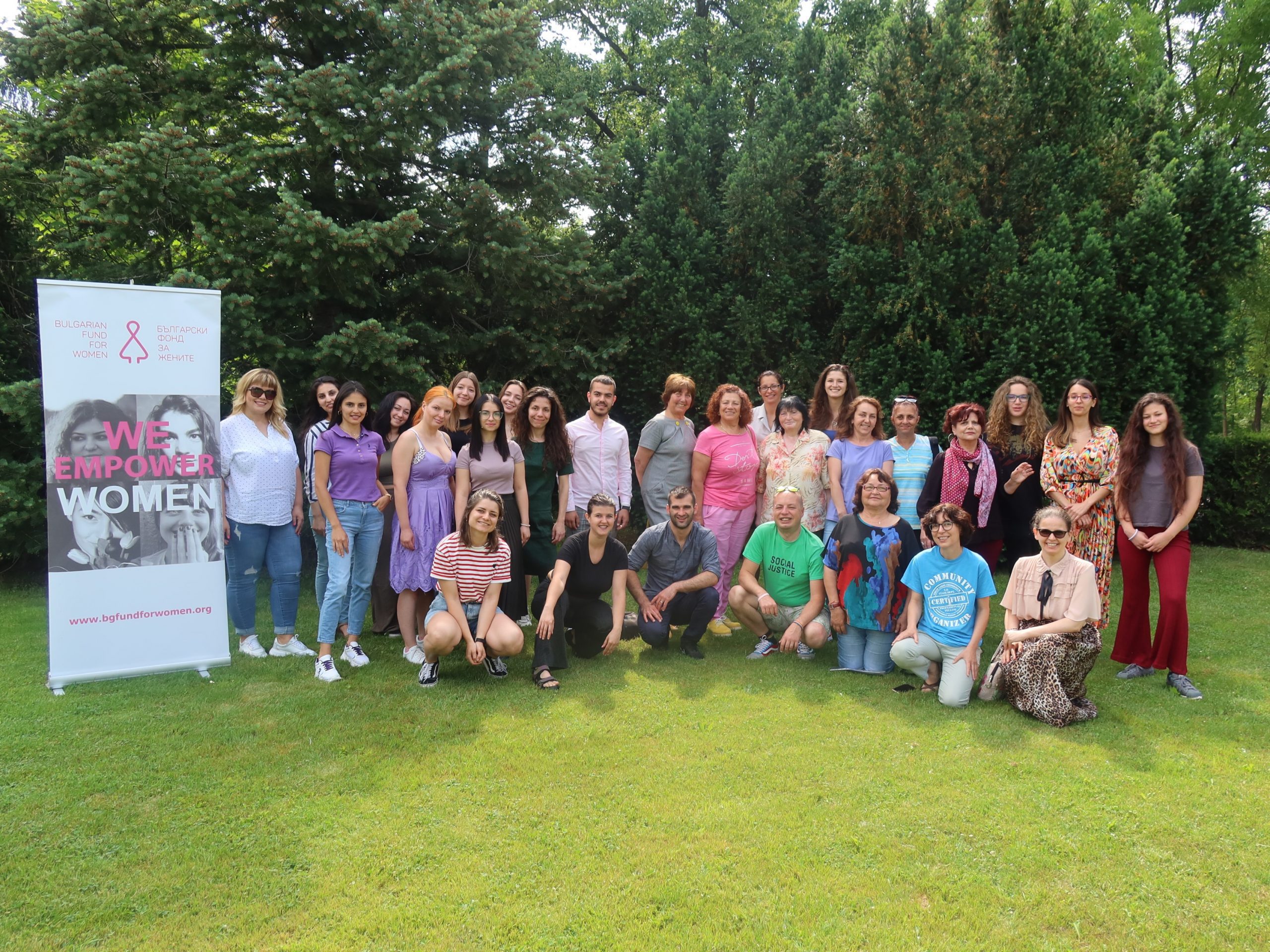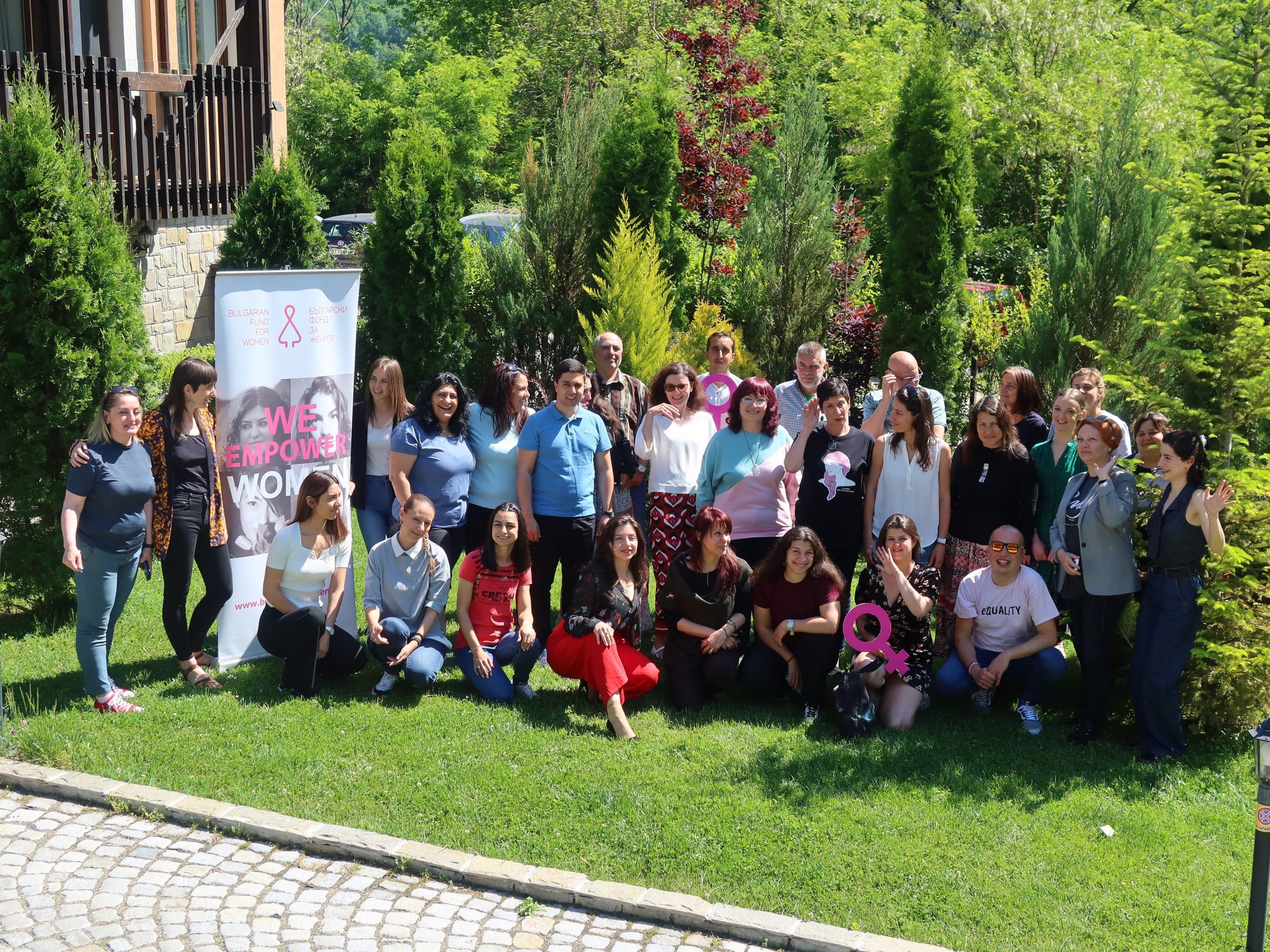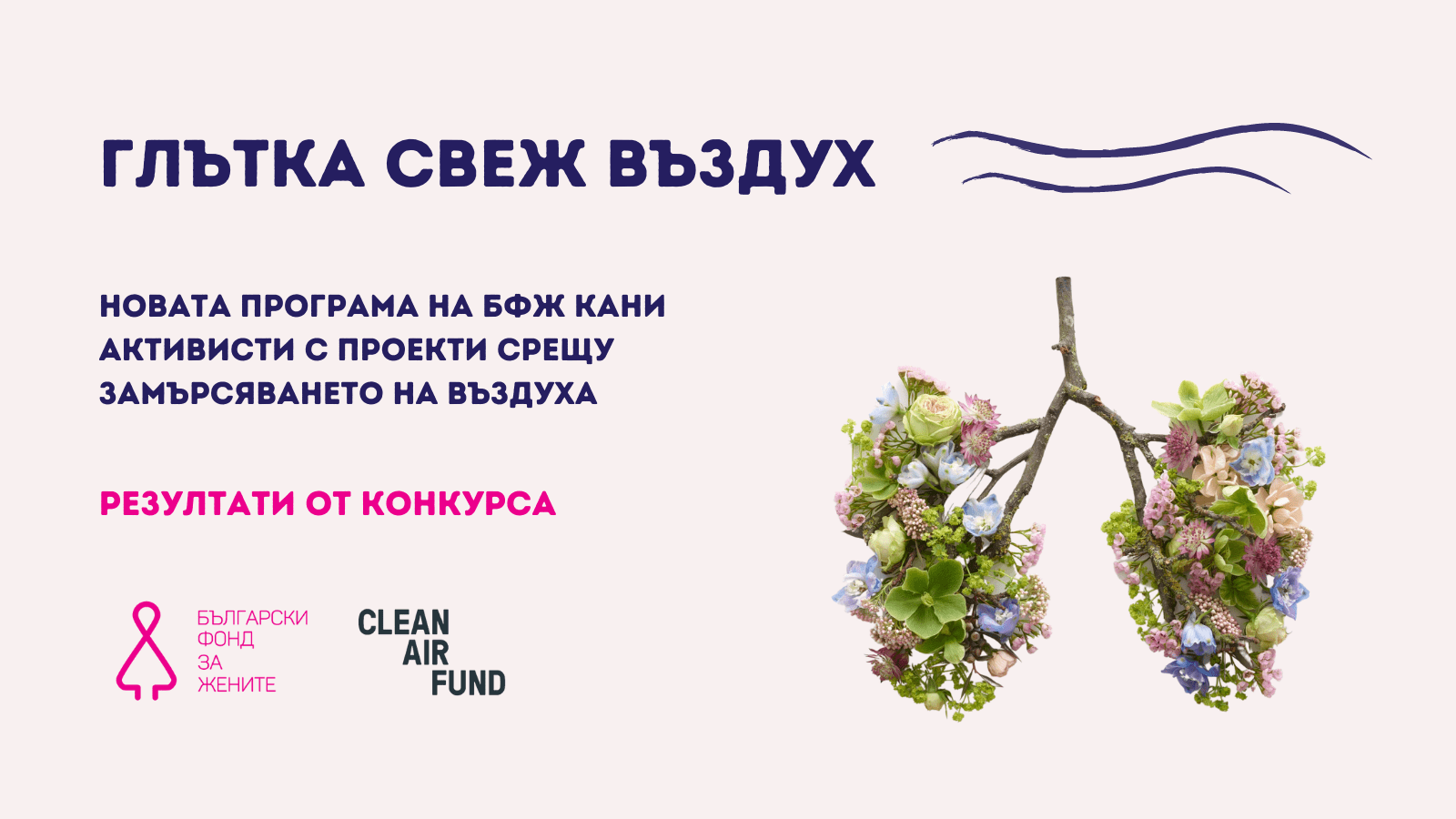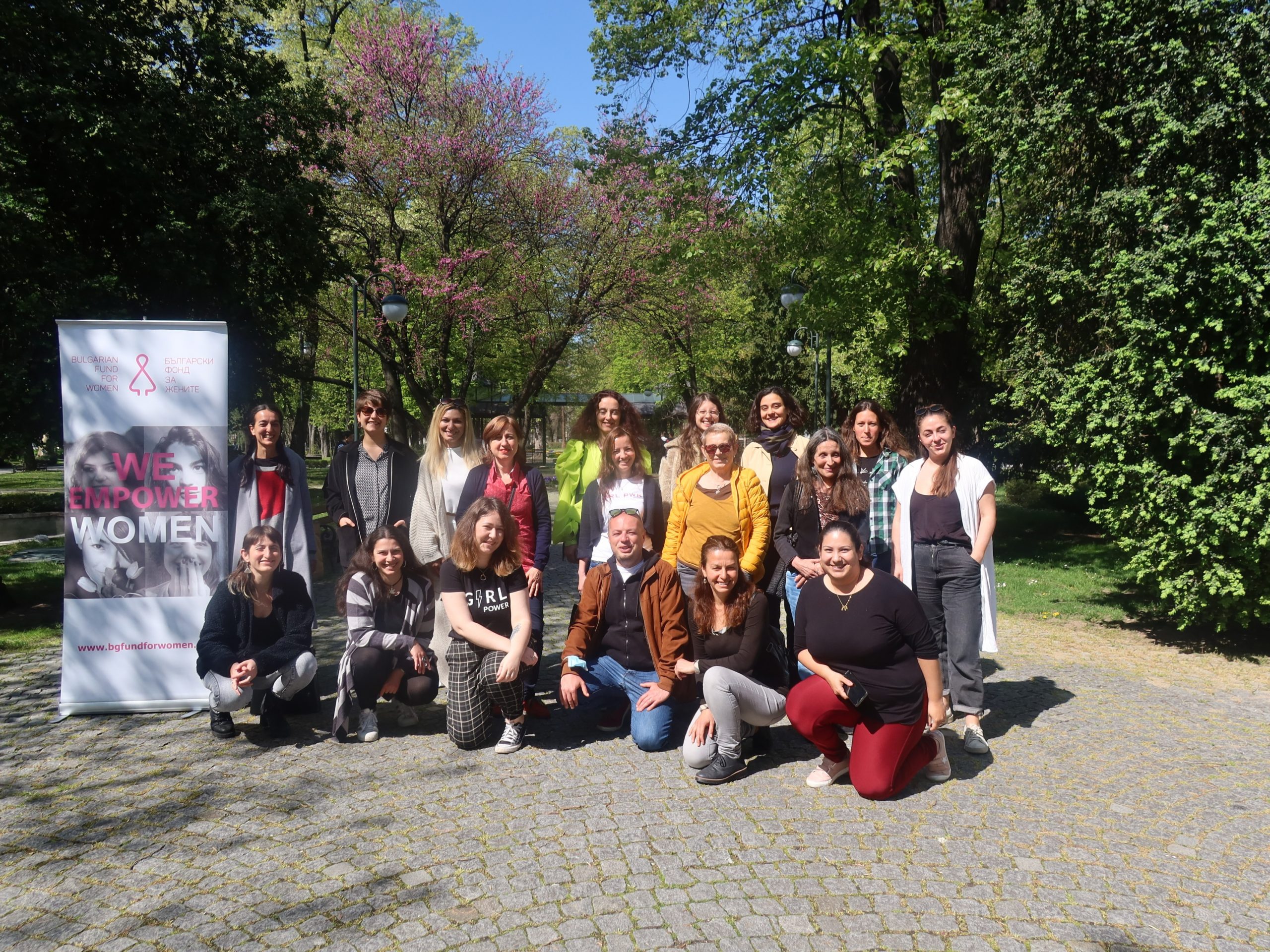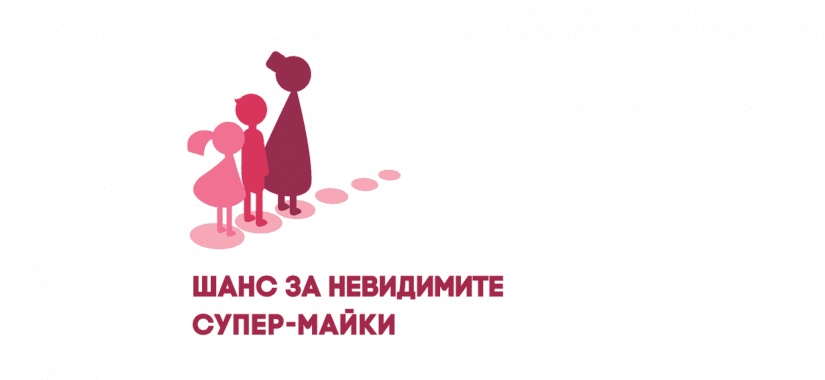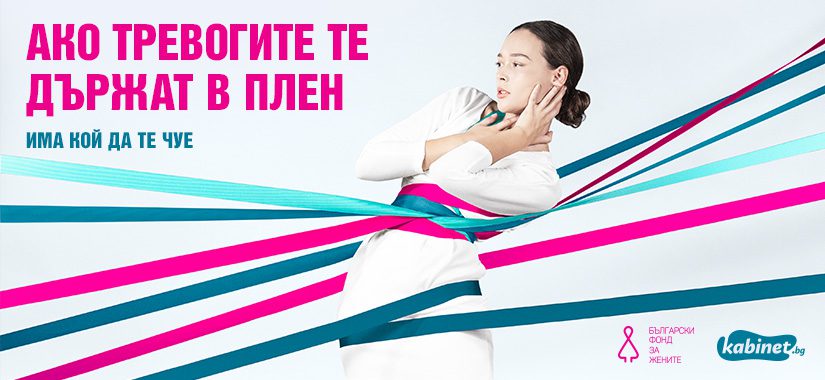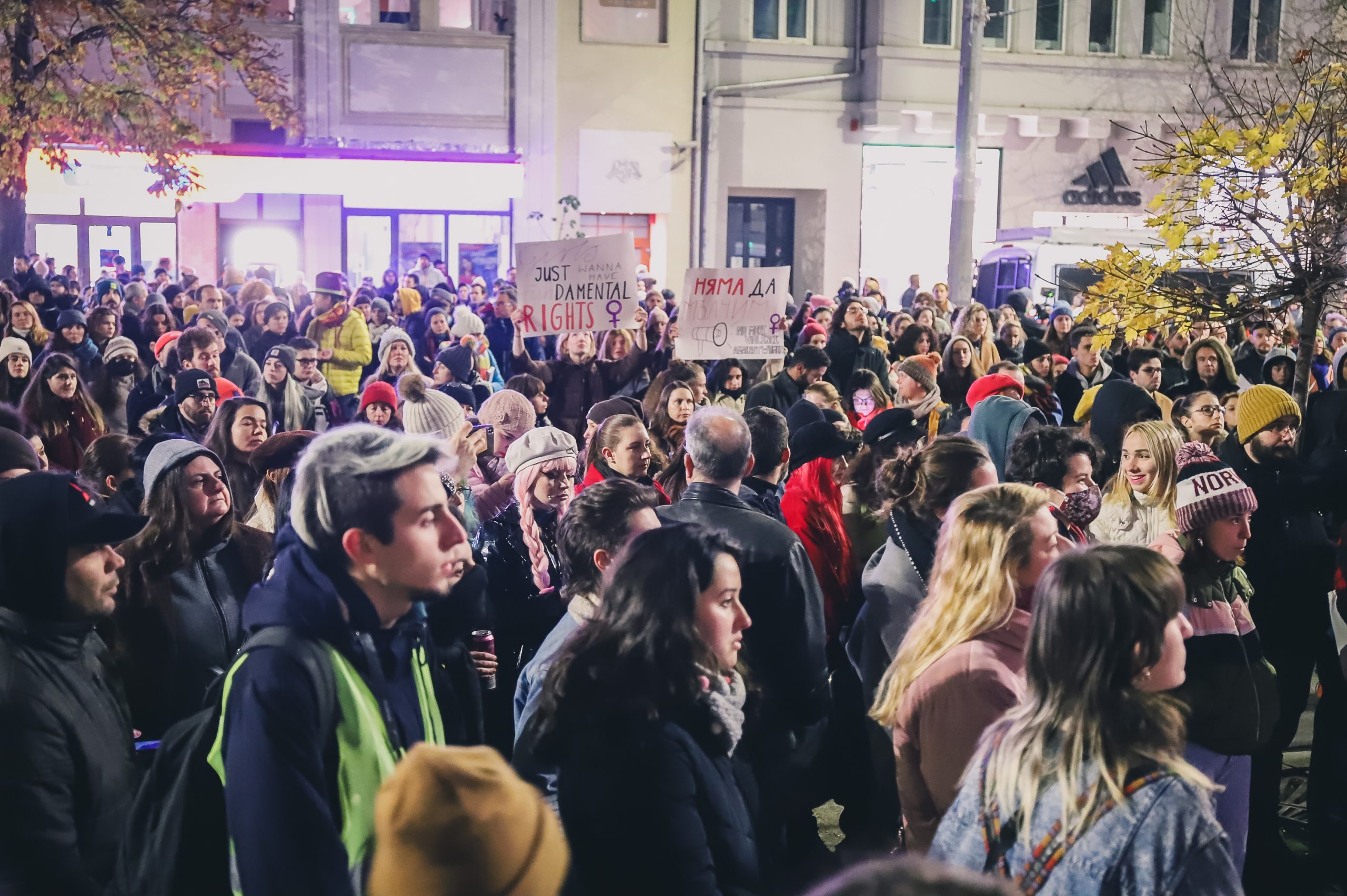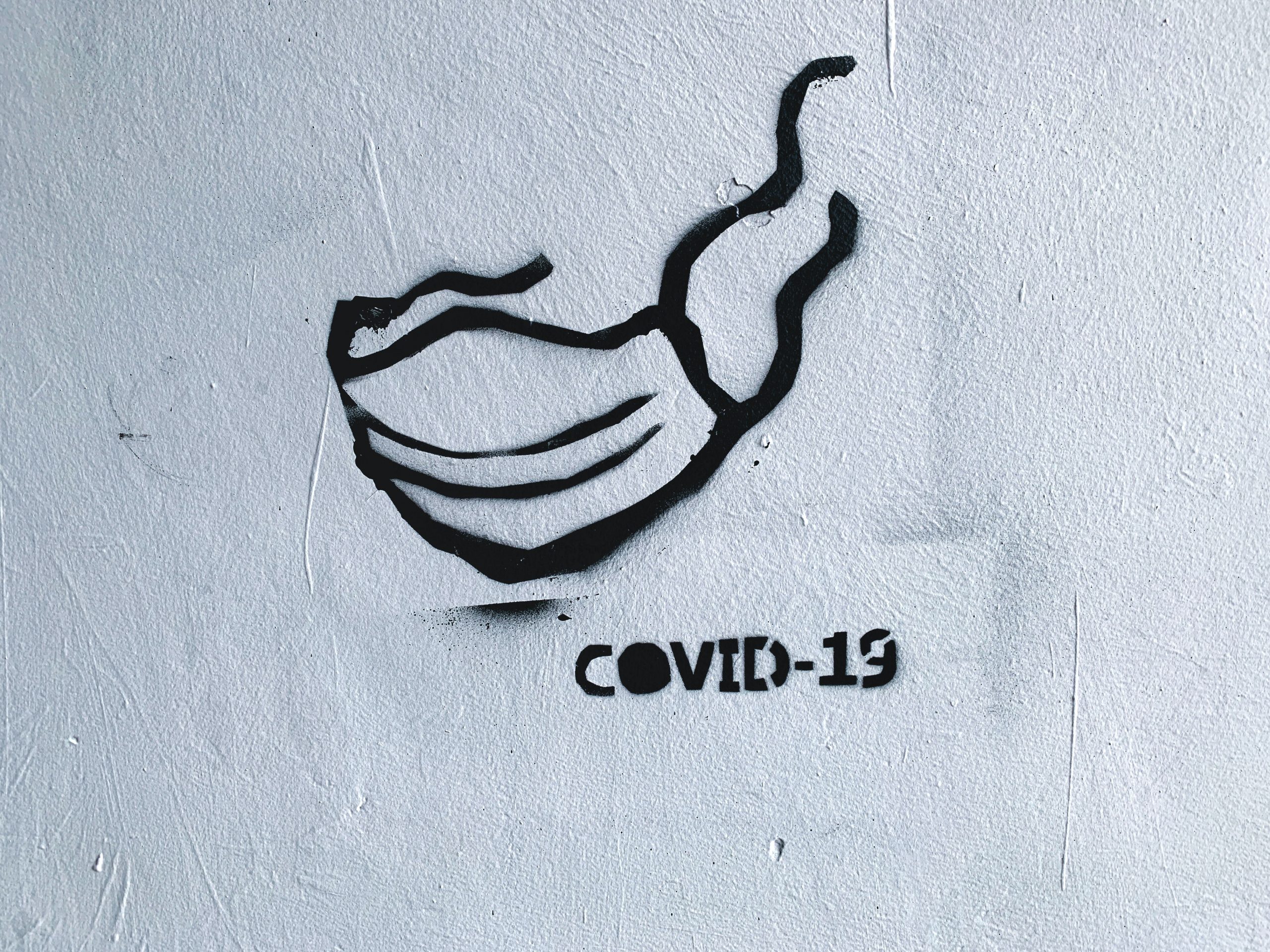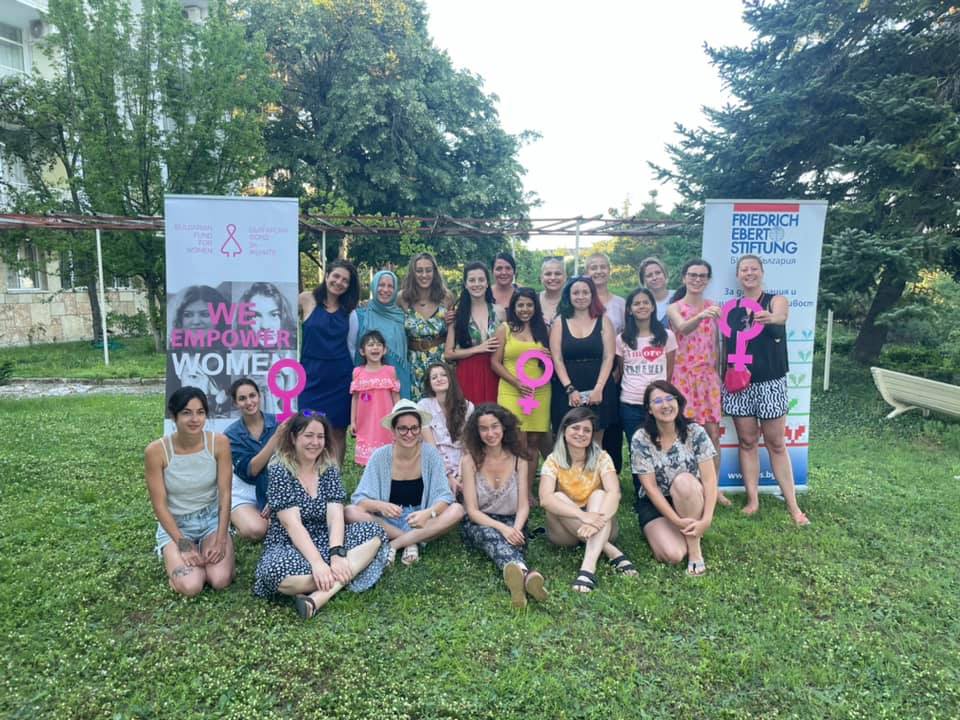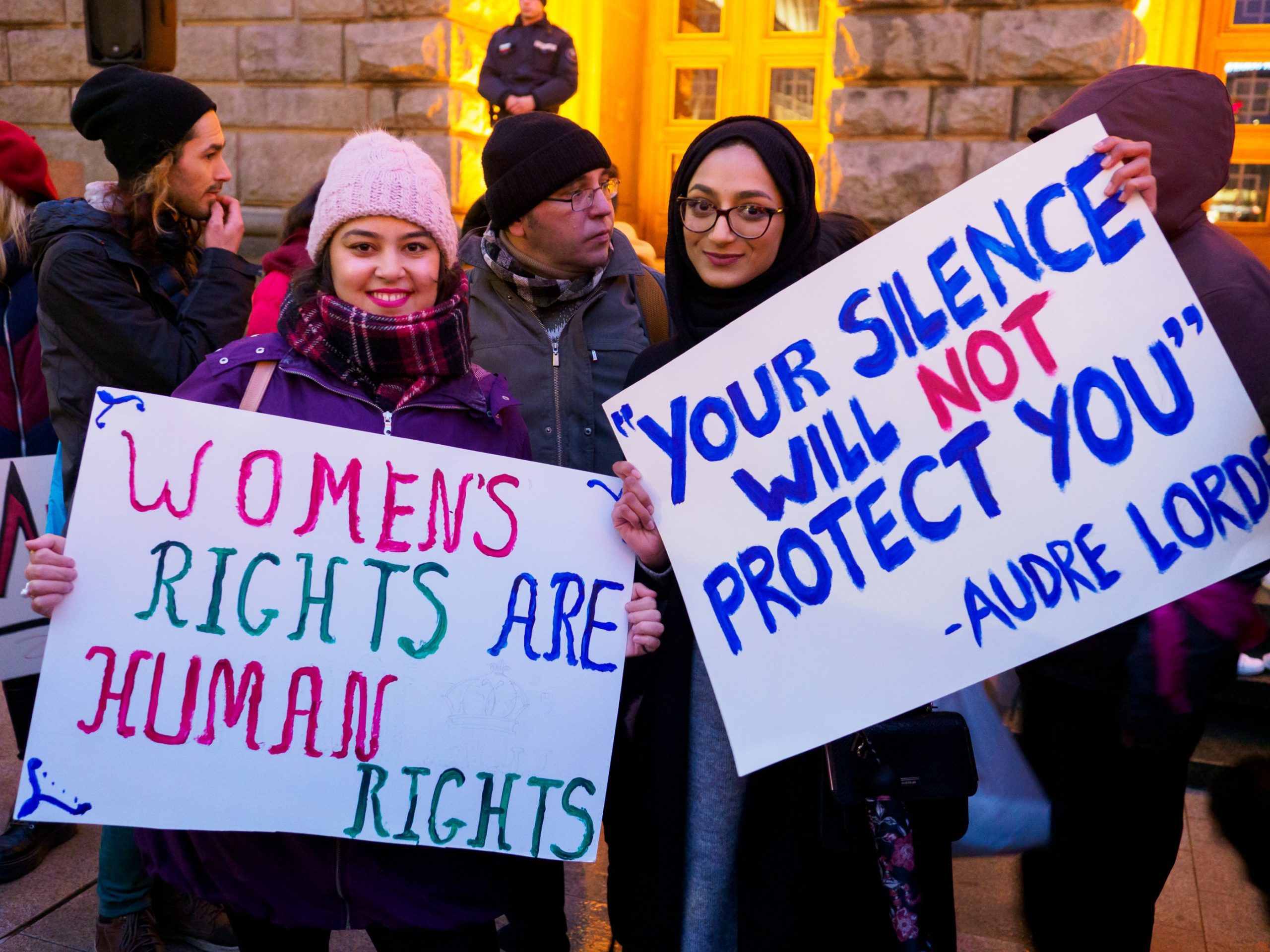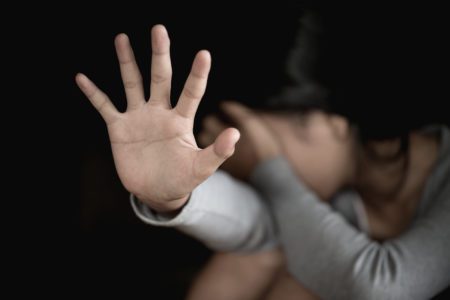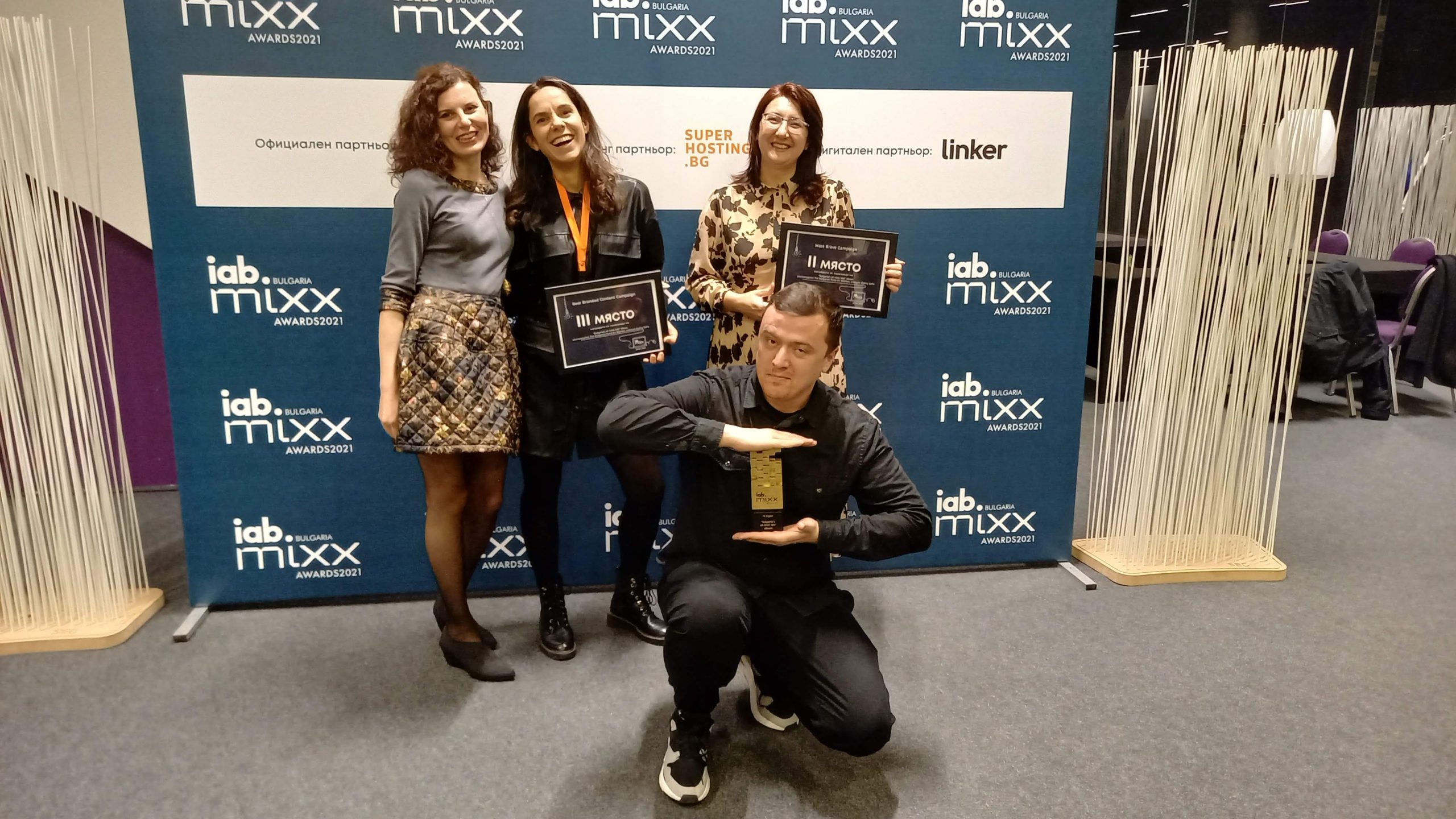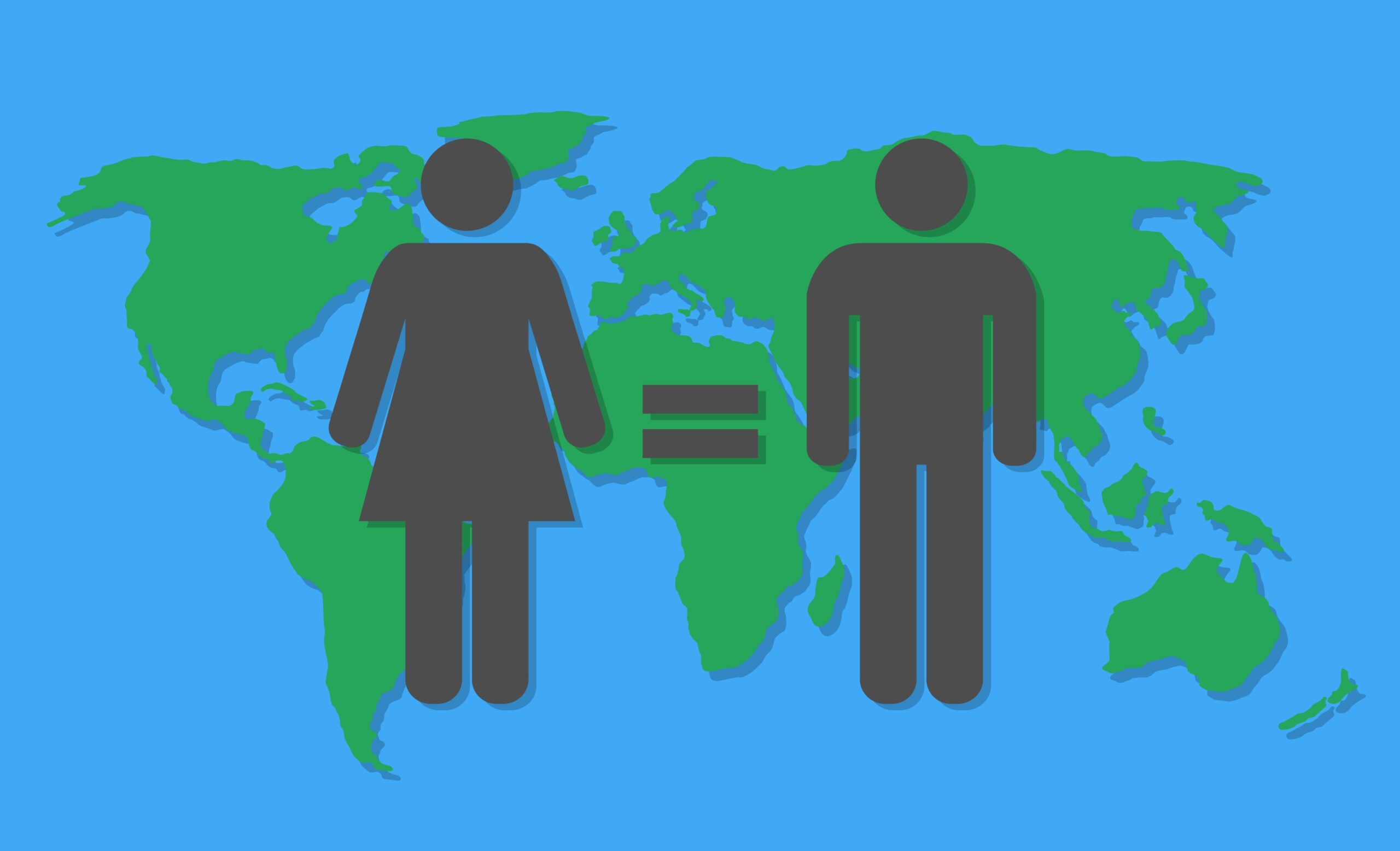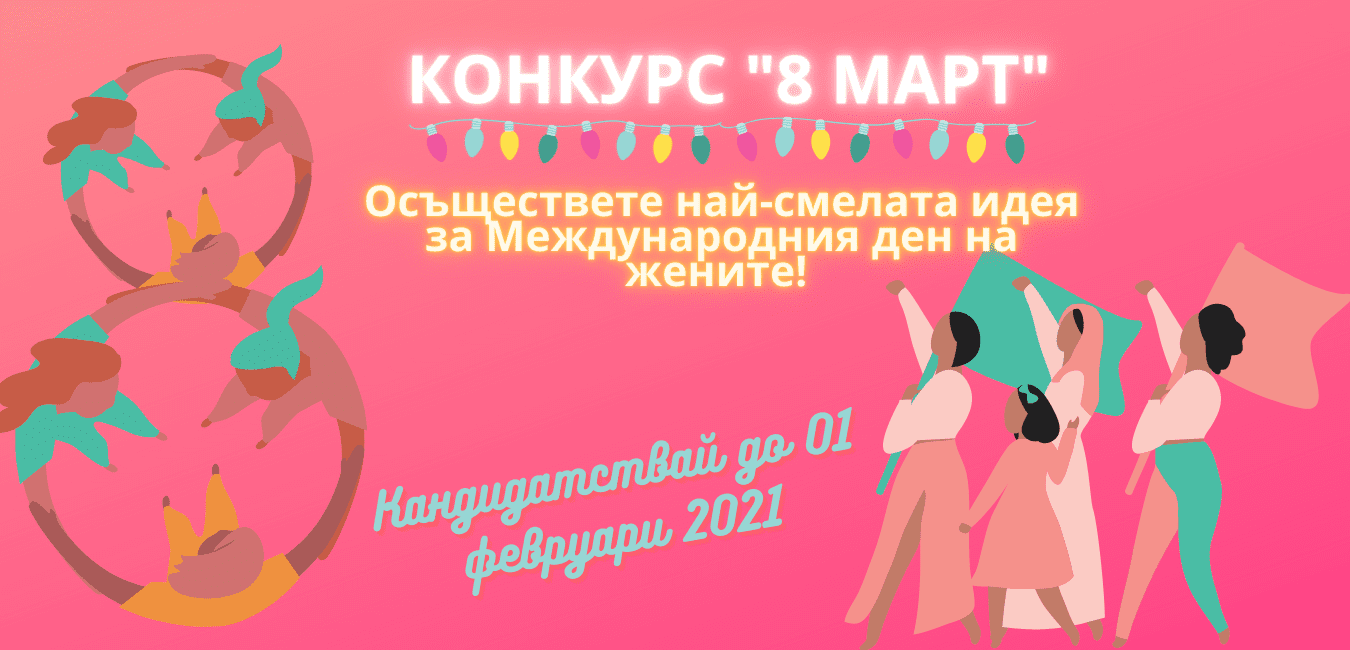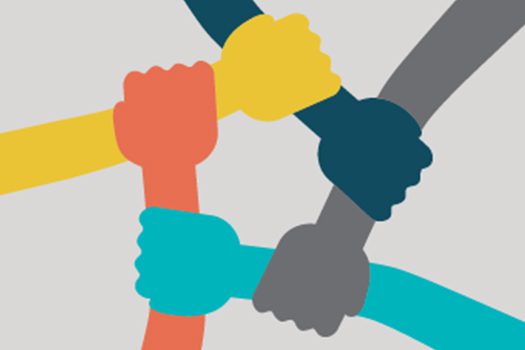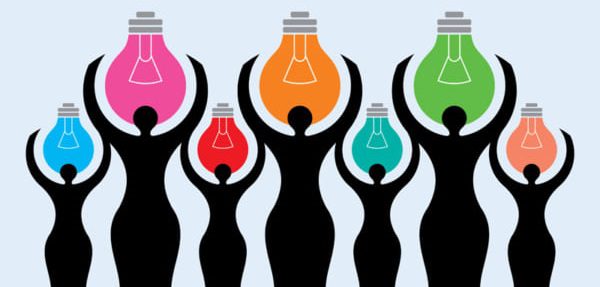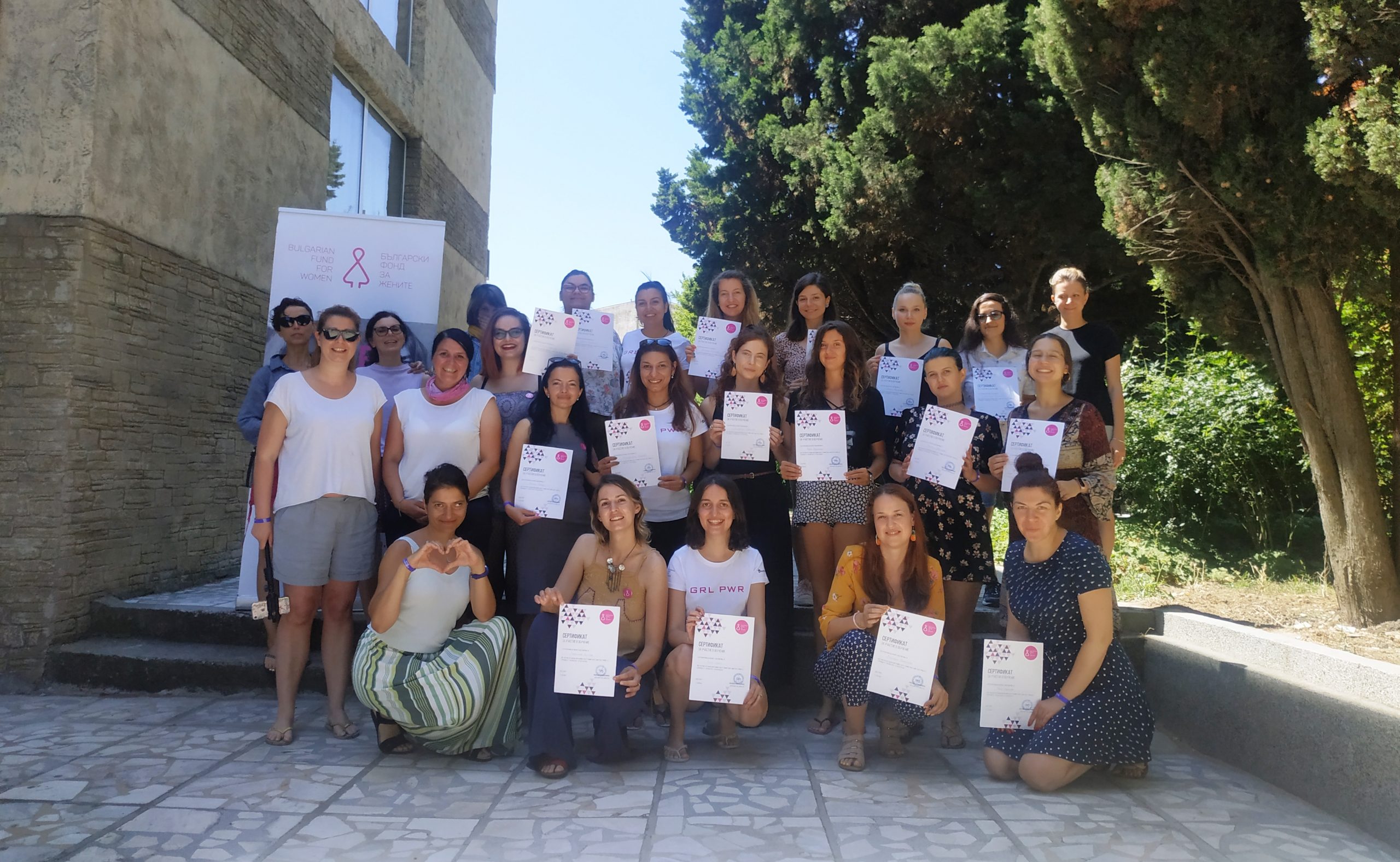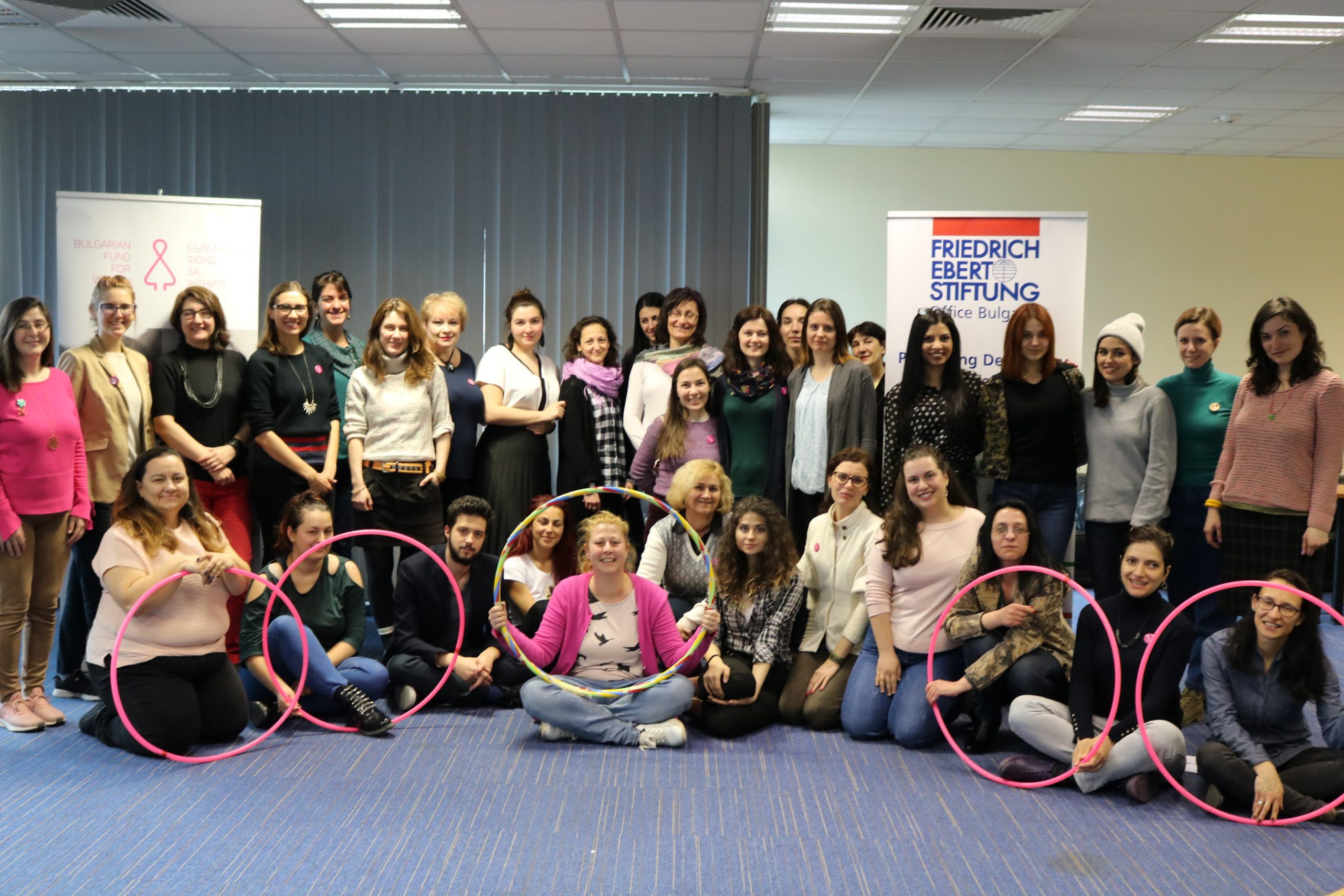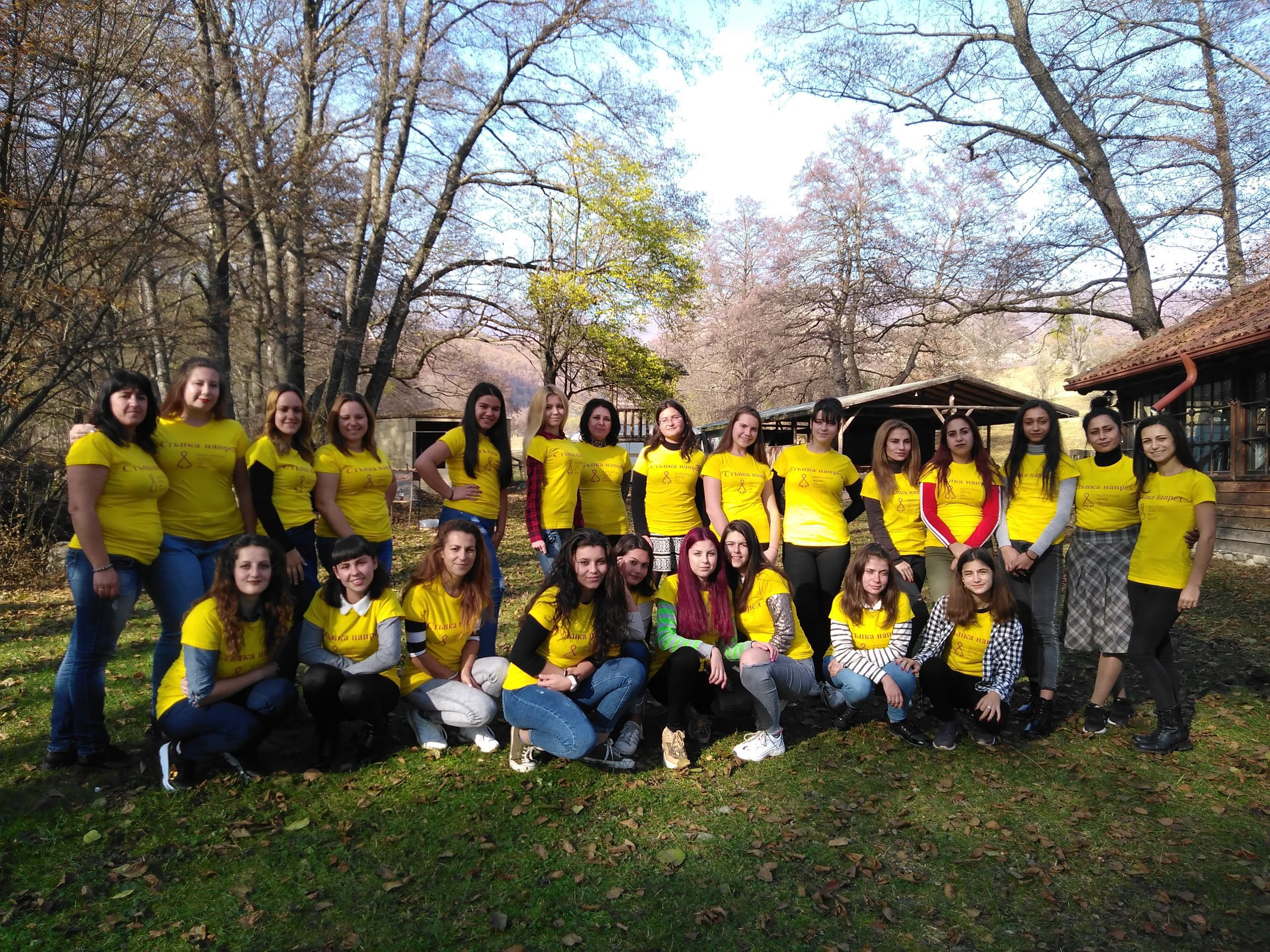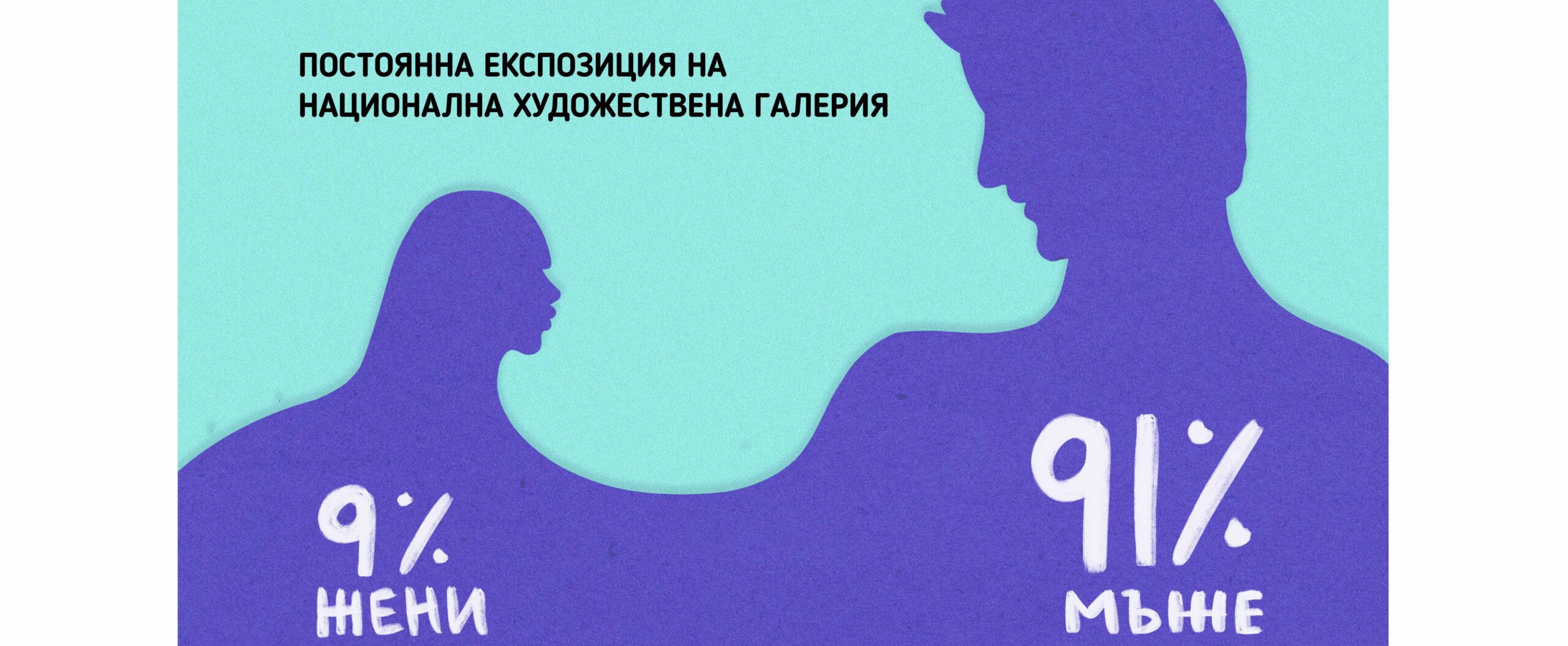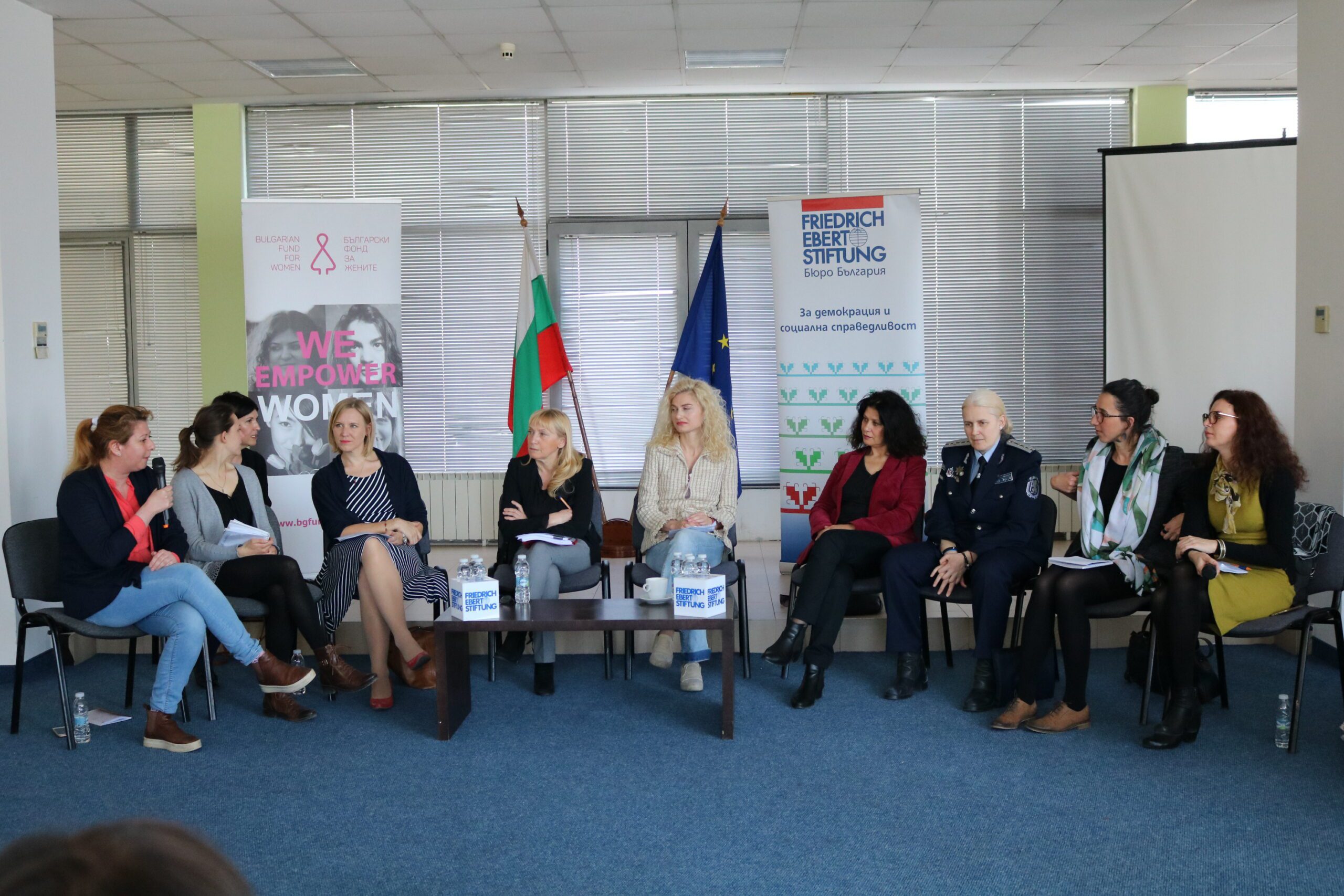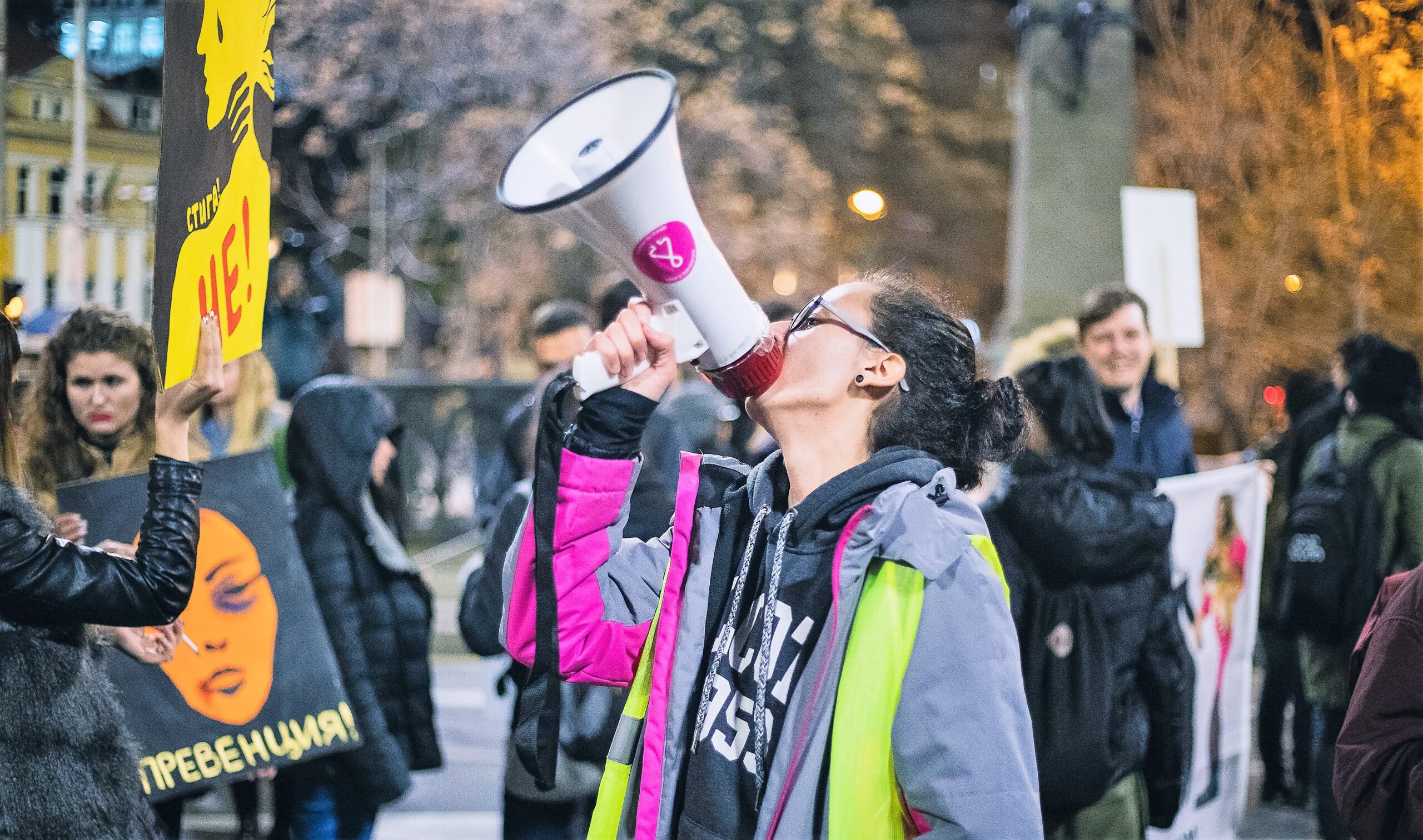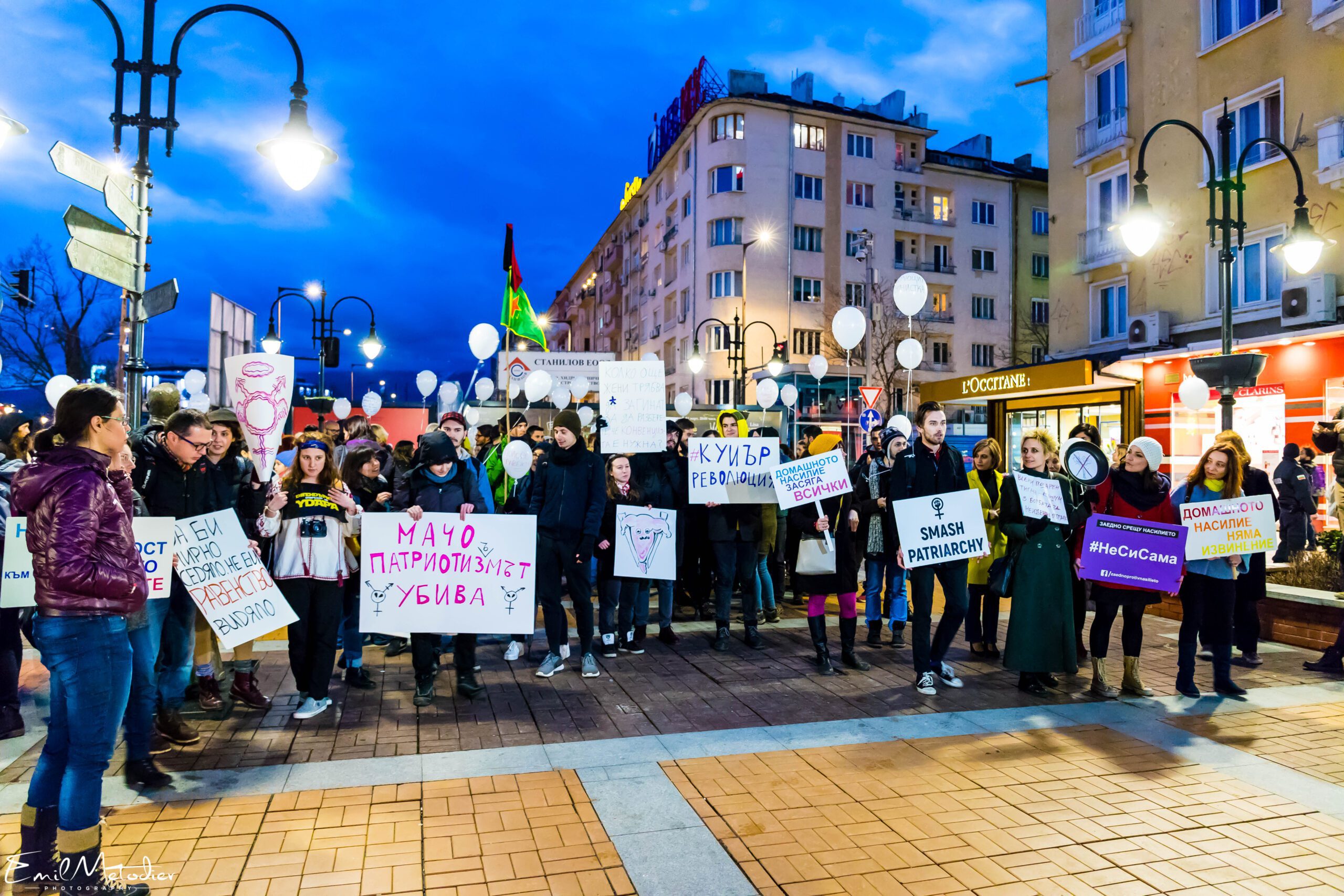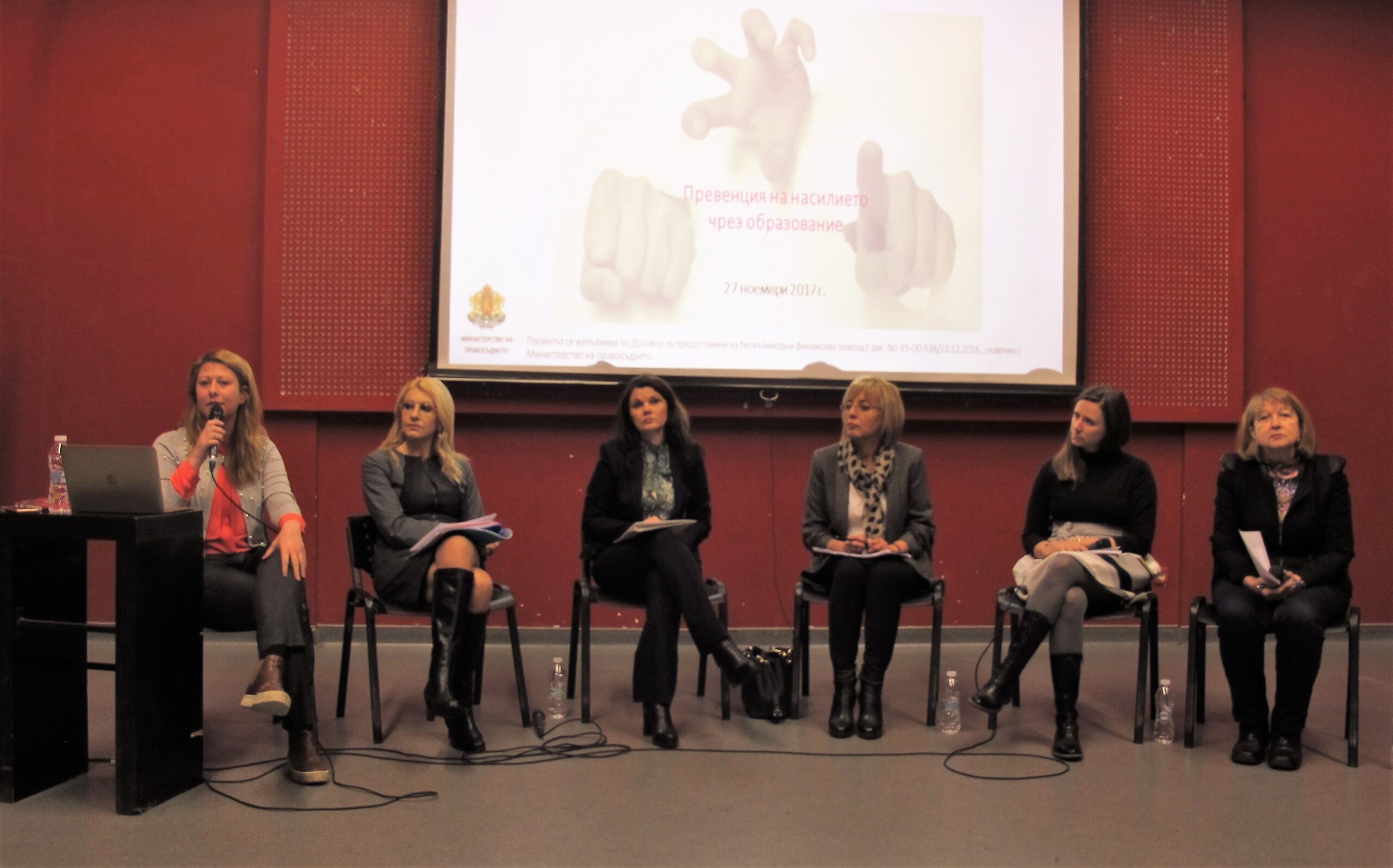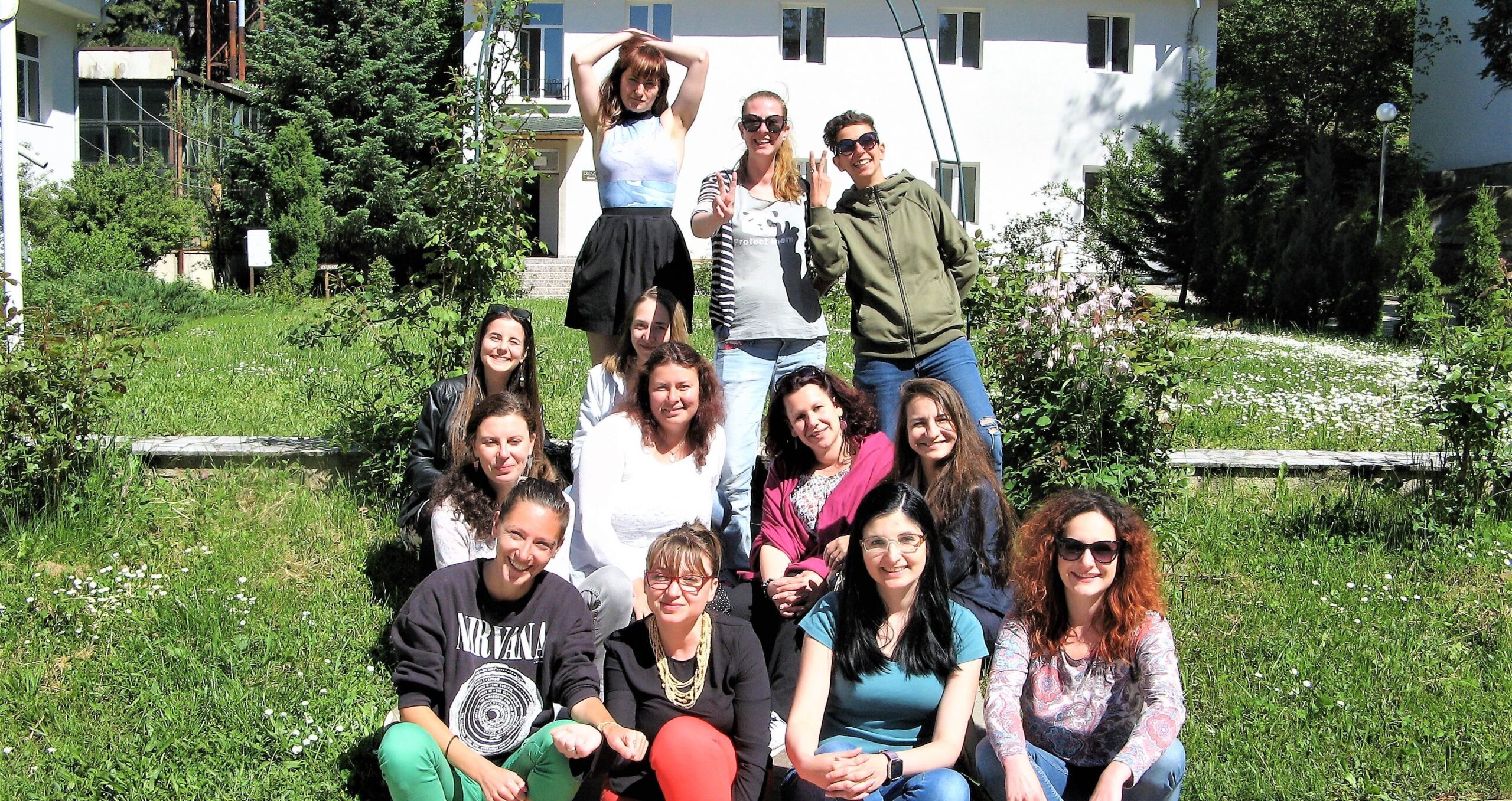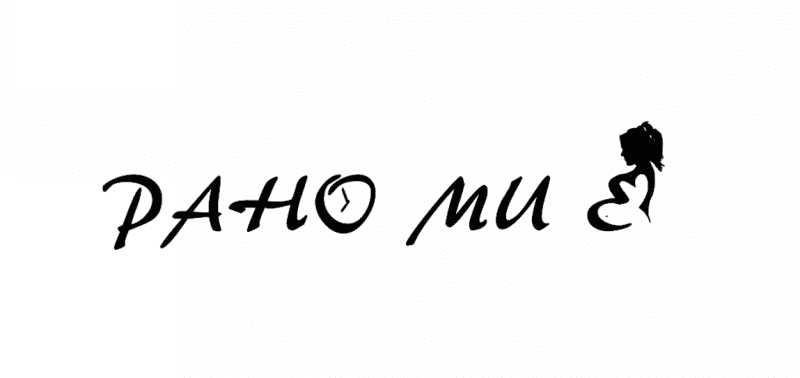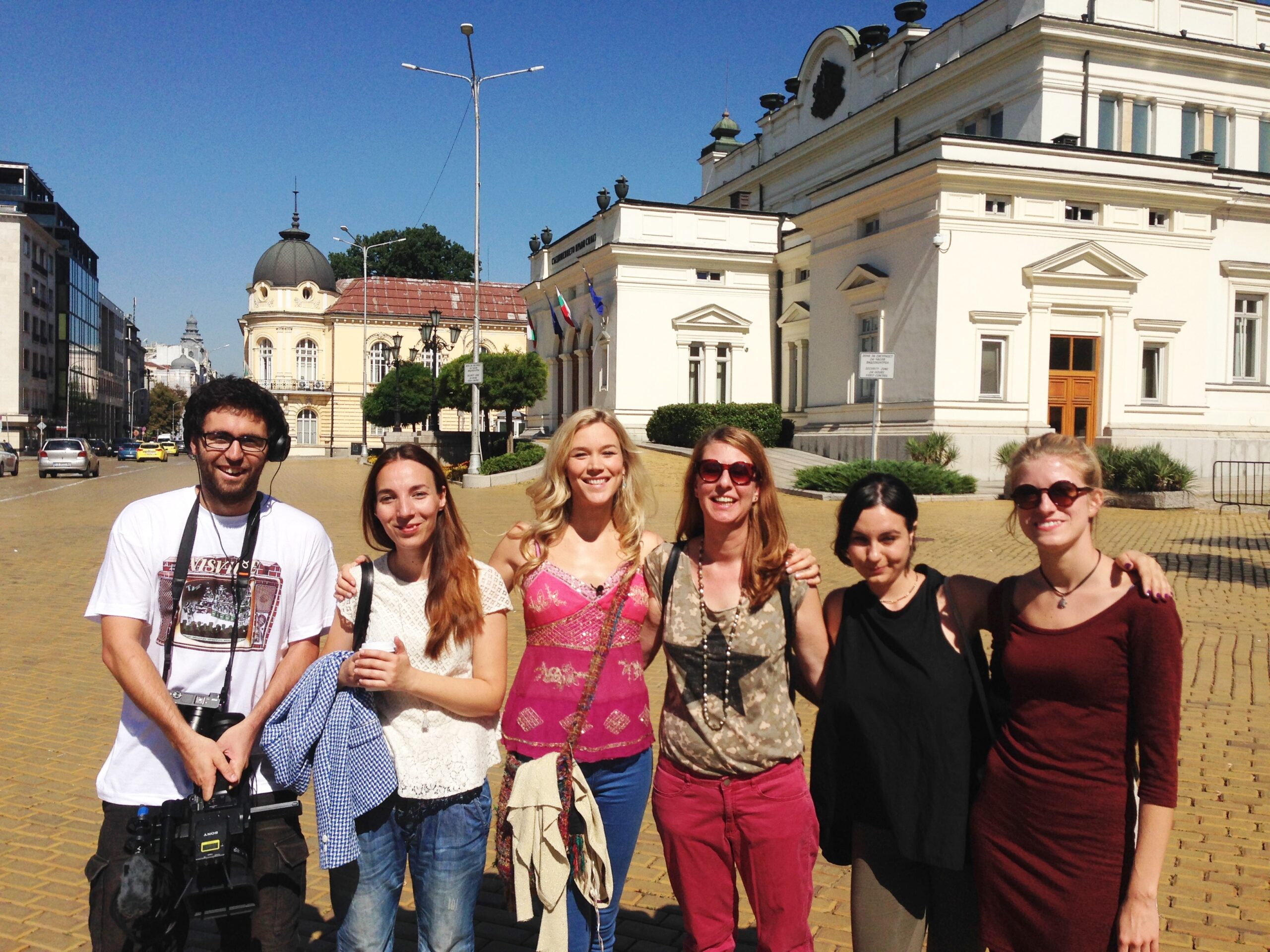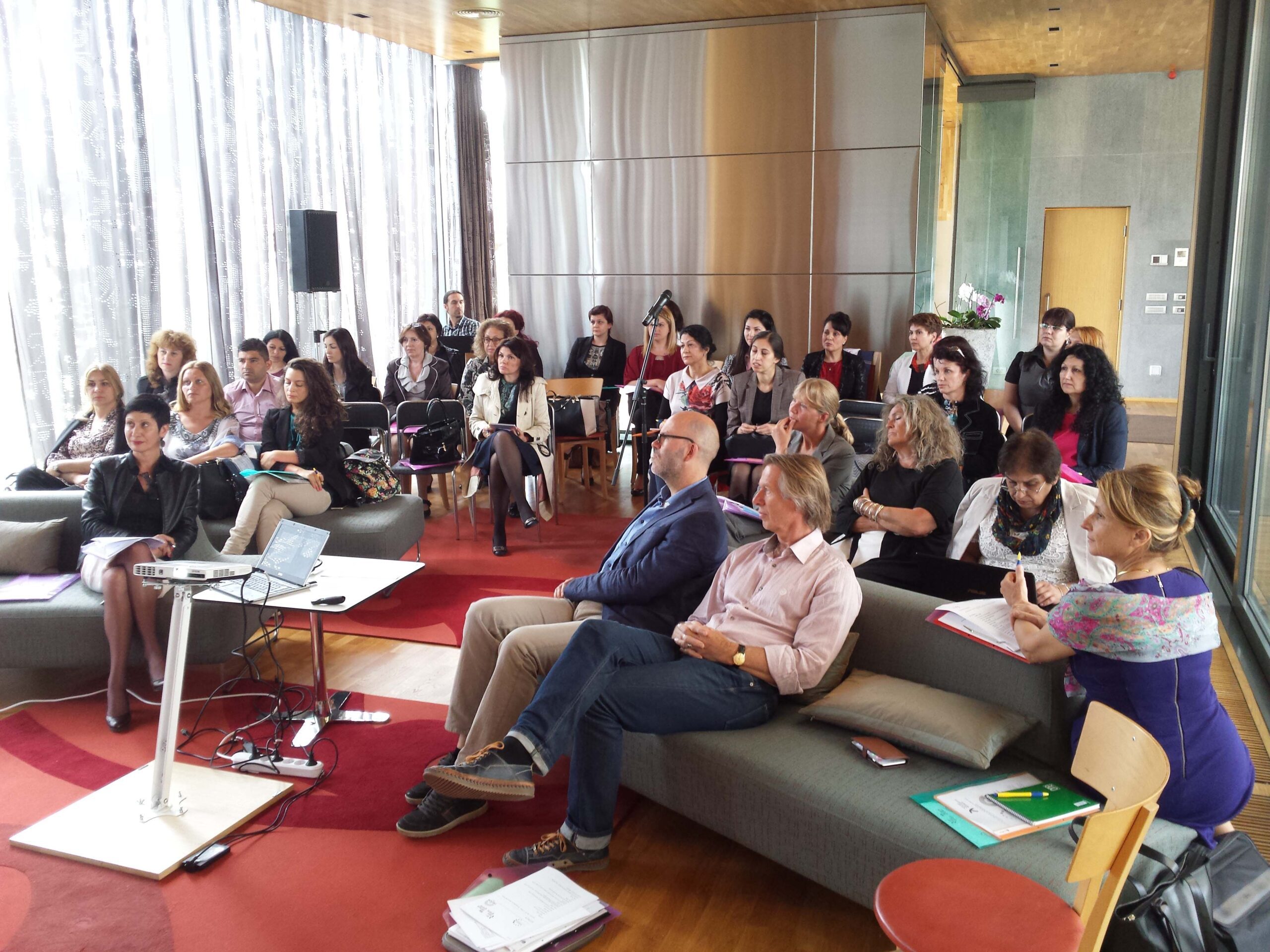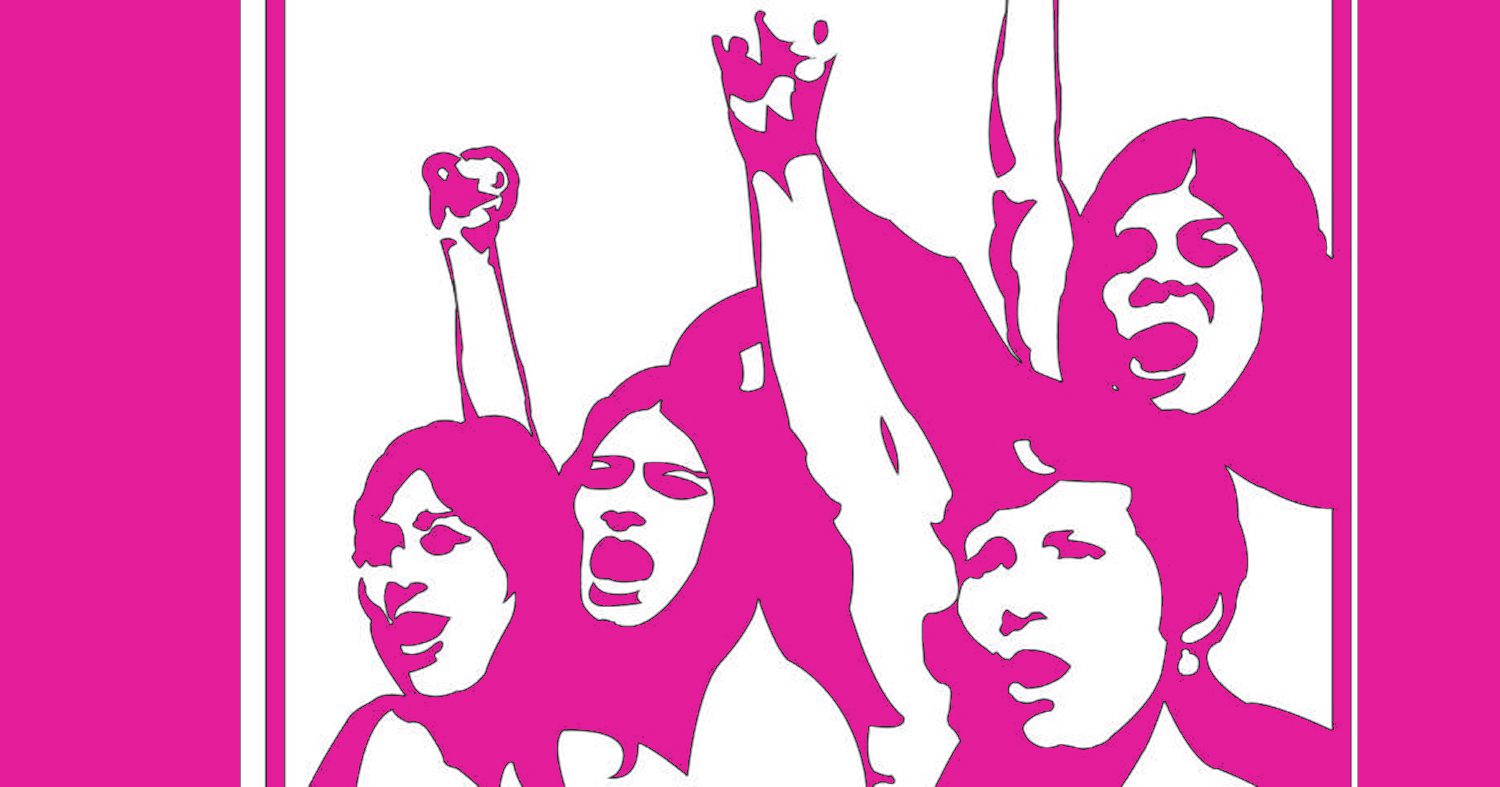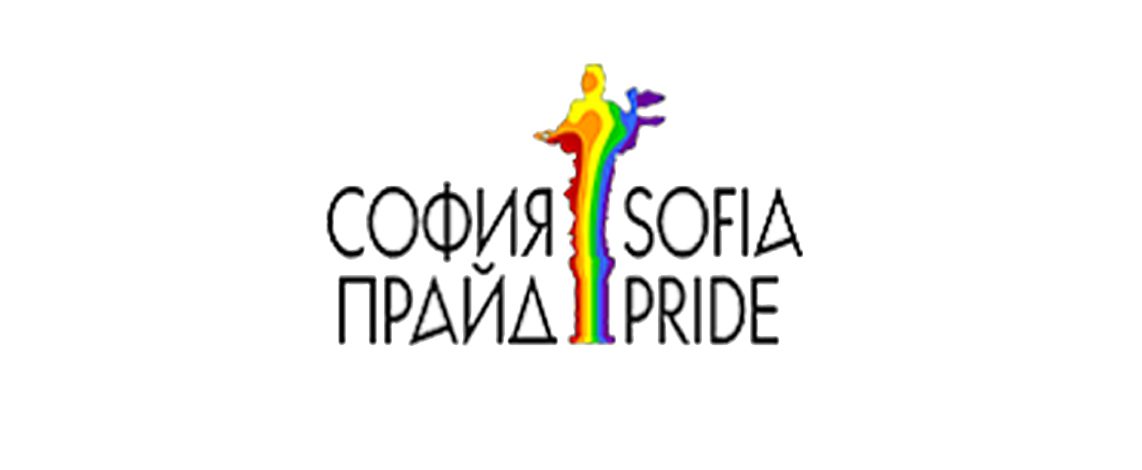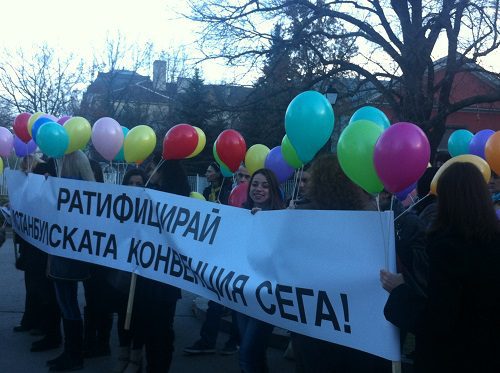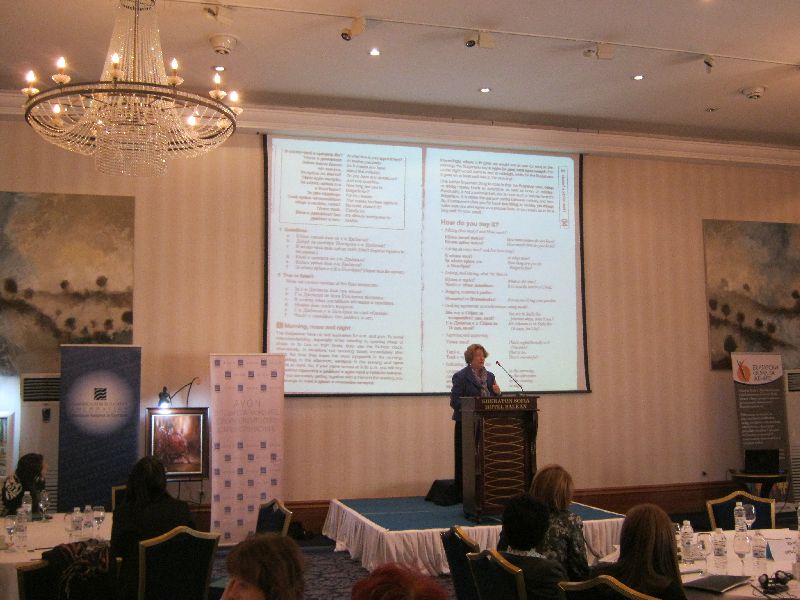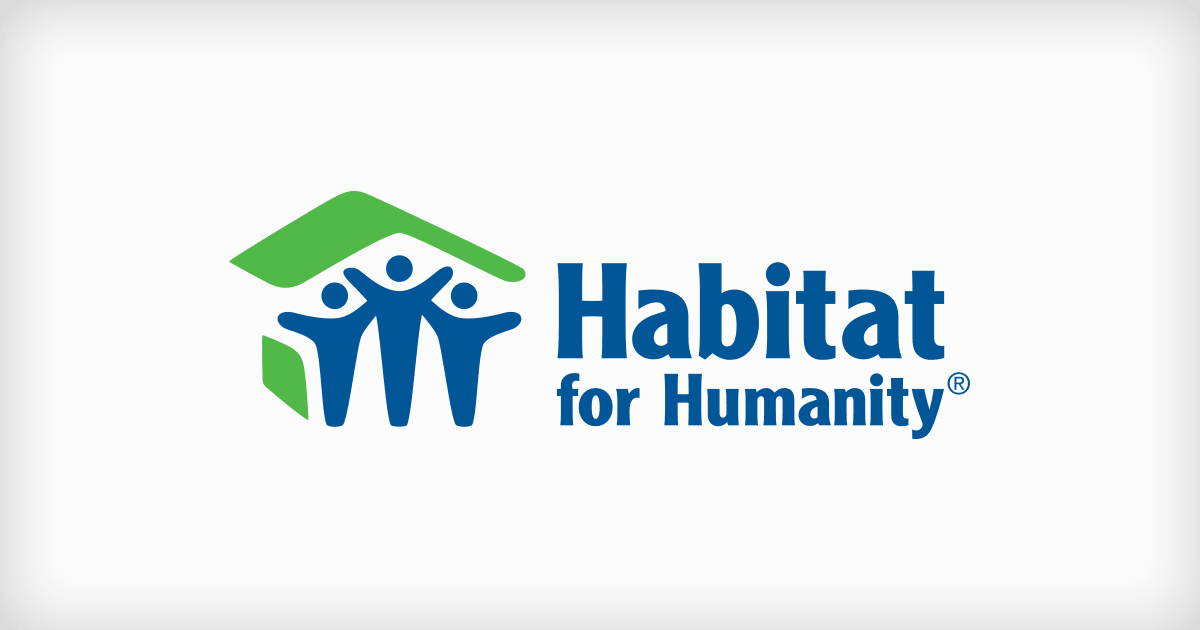In October participants from over 50 organisations workin in nearly 20 towns and villages across Bulgaria participated in BFW’s grantee meeting. All of them work for girls’ and women’s rights and empowerment, elimination of violence, gender quality, strengthening the women’s movement, upholding democratic values, support to and integration of vulnerable groups, environmental protection, etc.
The main aim of the meeting was to contribute to the community’s unity by providing a space where participants can exchange knowledge and experience with others, find like-minded people and future opportunities for support from BFW, and build the vision for the development of the CSO sector together. Some of the highlights of the programme were the intergenerational exchange of knowledge and experience, the presentation of BFW’s funding strategy and the data that it is based on, the discussion with organisations that are already supported by BFW.
The beginning of the meeting was set by a presentation of BFW’s study regarding the needs of the organisations working toward women’s, girls’ and vulnerable groups’ rights in Bulgaria. The project manager and author Lea Vaysova discussed the main findings of the study.
“The most prominent challenges highlighted in the study are related to the fact that organisations have exceptionally limited opportunities to access funding, and there is a lack of such for covering administrative and organizational costs such as regular salaries for the team, renting an office, buying technological equipment, etc.” – Lea Vaysova.
Often-faced difficulties by those working for women’s and girls’ rights come from the nature of project funding – applying for short-term projects that only partly cover the organisation’s activities, the unpaid labour and lack of sustainability associated with this, as well as the negative societal attitudes regarding the topics of “feminism” and “women’s rights” and the absence of supports from local municipalities and state institutions.
“The aim of the study, which some of you in this room have also participated in, is to show us what are the most urgent problems that you are facing so that we can find the solutions and respond to them in the best possible way through BFW’s funding mechanisms” – shared Gergana Kutseva, Deputy Director, during the meeting.
BFW’s financial strategy which focuses on providing flexible support, prioritizing new organisations, with a small budget, non-registered groups, and self-led organisations, was discussed by Gergana Kutseva and Zara Rancheva from the Fund’s team.
Representatives from organisations, supported by BFW through funding for administrative and organizational costs (the so-called core funding) shared their experience with this type of support. They discussed some of the positive effects that it has on the civil society organisations’ work – enhanced sustainability, opportunities for long-term planning, impact measurement, overall organizational improvement and focus entirely on the cause, flexibility, and ability for quick reaction in case of a crisis.
“Long-term strategic planning which is based not only on values and desired social effect but also on the abilities of the people in the team is very important. Our organisation grew naturally from voluntary activities across the country to the need to work on advocacy and policies for equality through publishing reports, statements, and participating in institutional working groups. Thanks to BFW’s support we can work consistently for policies for equality through advocacy activities.” – Marina Kisyova de Heus from Ekaterina Karavelova Foundation.
To ensure that everyone shares a similar understanding of civil participation and the development of the feminist movement in the country the participants created a timeline containing tens of important moments for women’s rights in Bulgaria. It started with the opening of the first secular school in Pleven (1844), the introduction to the National Assembly of the first petition for allowing women’s access to university education (1896), continued through historical events such as the moment when women gained the right to vote and be elected alongside men (1944), the protests of mothers against the chlorine carbonation of the town of Ruse (1988), and reached events from our modernity (many of them supported by BFW) – the acceptance of the Law for the Protection from Domestic Violence (2005), the establishment of a number of organisations that work for women’s rights, the first edition of Sofia Pride (2008), the first Manifestation for Women’s Rights (2017), the biggest Protest against Violence against Women (2018) for 25 November and many others.
Without a doubt, one of the most emotional and interesting sessions was the “Human Library” which aimed to encourage intergenerational dialogue and where the attendees had the chance to become part of five personal stories told by women and related to their experiences on their way to defending women’s rights in Bulgaria. BFW thanks Tatyana Kmetova (Executive Director of the Center for Women Studies and Policies), Stanimira Hadjimitova (Director of the “Center for Development of Sustainable Communities Foundation” and BFW’s Board member), Prof. Georgeta Nazarska (lecturer at the University of Library Studies and Informational Technologies and a member of the “Bulgarian Association of University Women”), Manuela Popova (Communications Manager at “Bilitis Resource Center” Foundation and LGBTI rights activist) and Pol Stoynova, (from Lyuben Karavelov Community Center-1921, Buzovgrad village) for their bravery and readiness with which they shared their stories and replied to all questions.
After a quick reflection when everyone returned to the learned lessons and achieved successes that deserve to be celebrated, the participants tried to look into the future. In the end, they made a time capsule focusing on the question of how to change the future of Bulgaria and the civil society sector through our efforts of active participants within it. Each attendee wrote a letter to themselves – with wishes, plans, aims, encouraging words. Exactly one year later the letters will return to their owners.
We, at BFW, are impatient to witness how the efforts of our partners unfold and we will be happy to learn from them what part of the things written in their letters brought them closer to a fairer and more equal world where women’s and girls’ choices are respected, and their voices – heard.
Photos: BFW.

